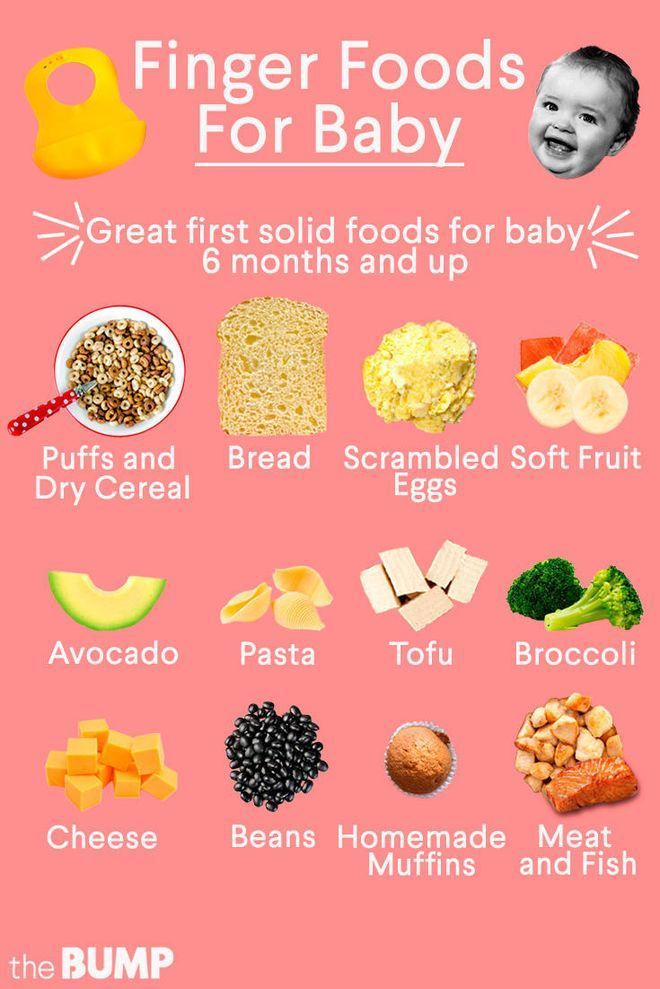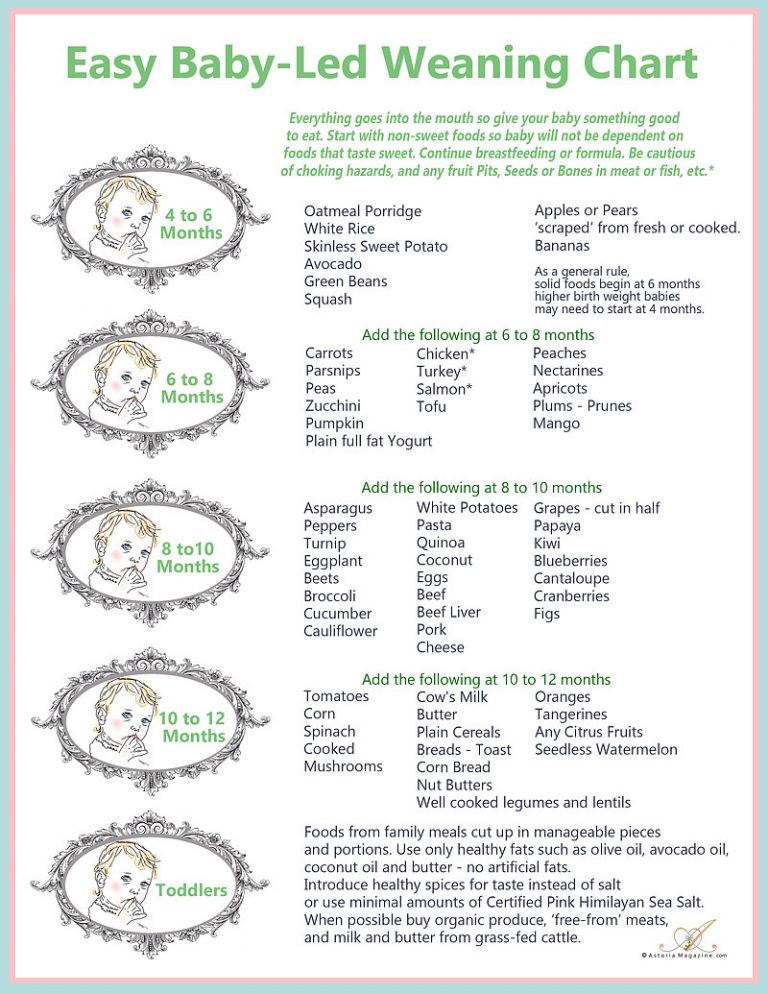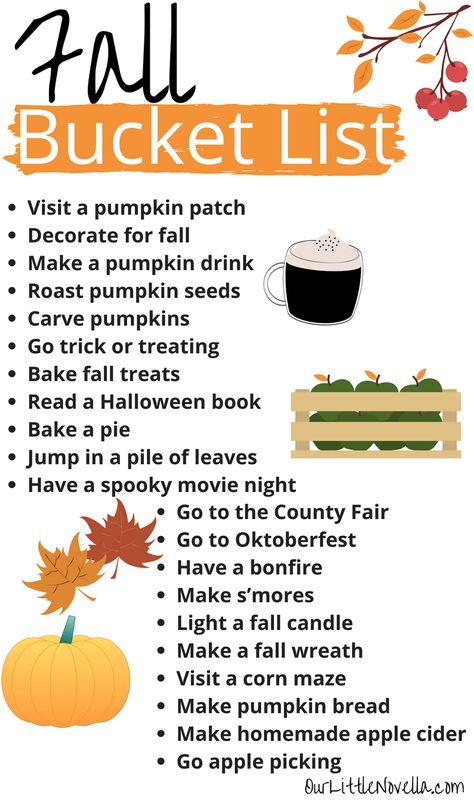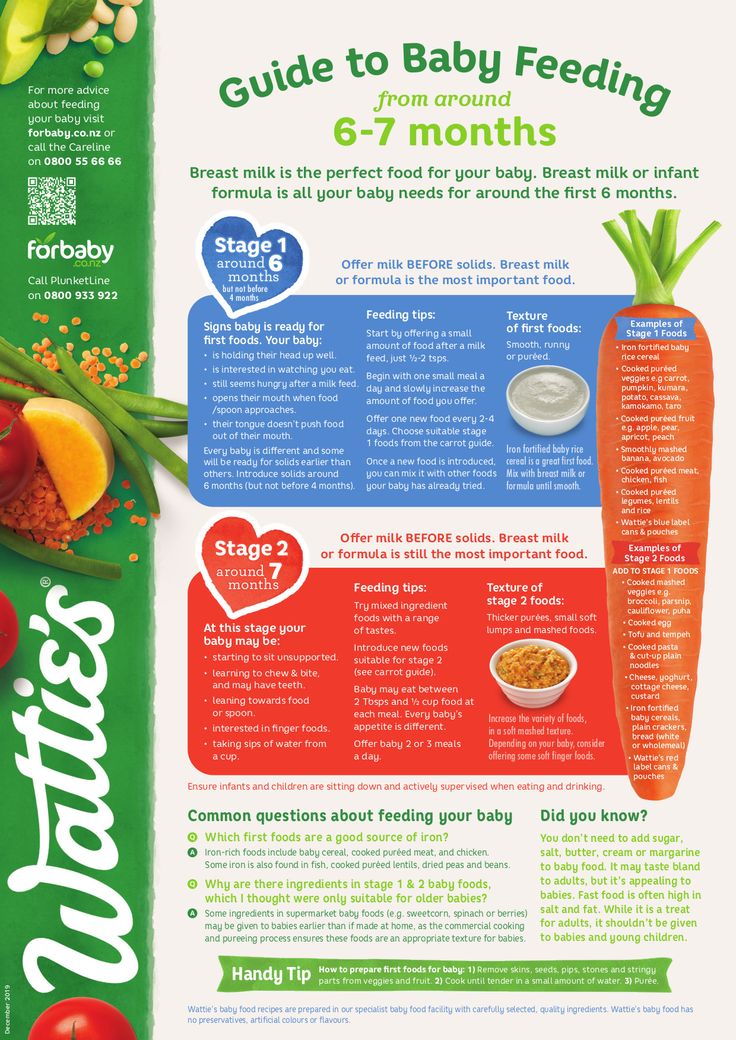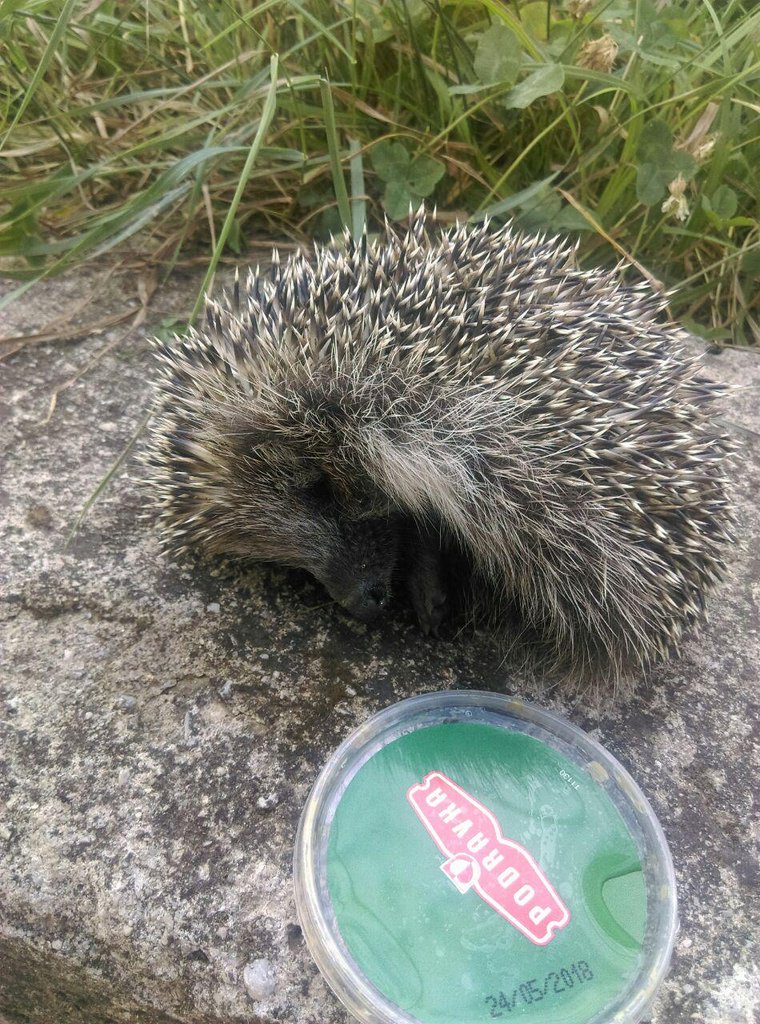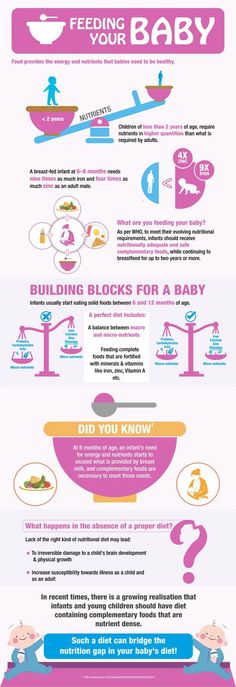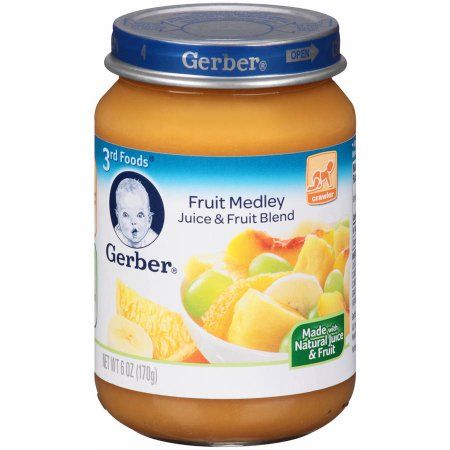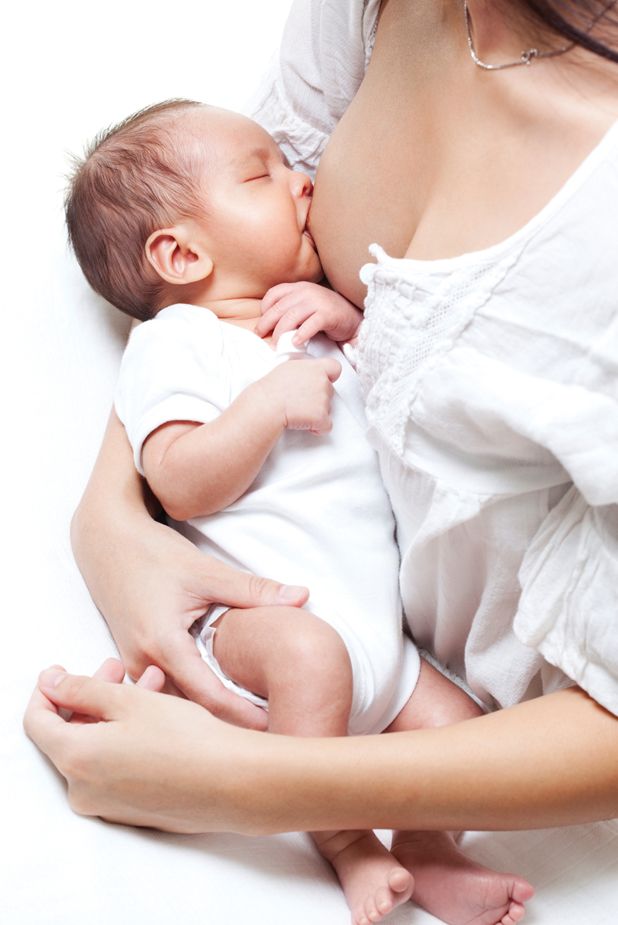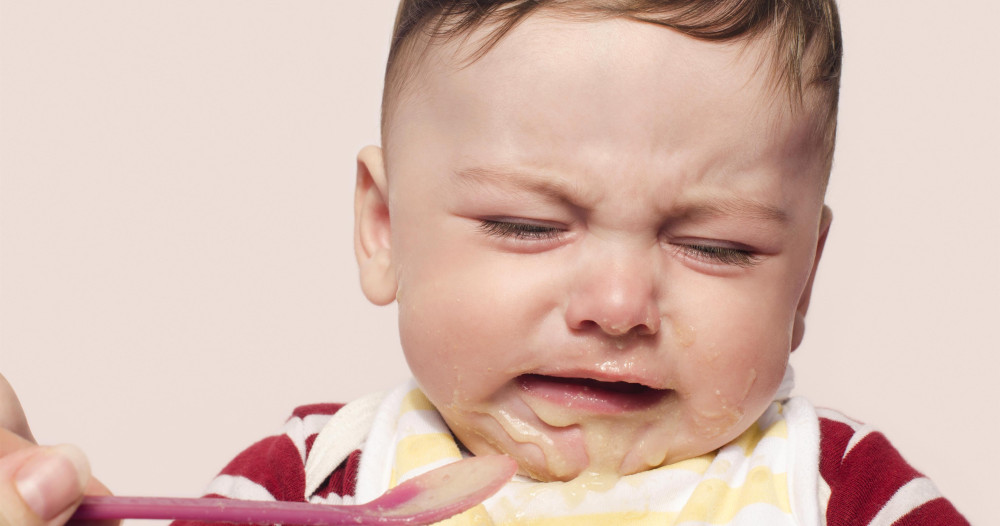Scared to feed baby finger food
scared my lo will choke if i give finger food
5 answers /
Last post: 12/10/2010 at 10:00 pm
Anonymous
12/10/2010 at 5:13 pm
hi, i have a 7 month old who has 3 meals a day, she was weaned from 5 months old. i know i should be giving her finger food but i'm so worried she's going to choke, i've given her banana before and she gets the biggest bits in her mouth and i have to scoop it out, like i said i'm just so worried she's going to try and swallow it and choke, what do i do?
for those of you who give your lo's finger foods do they choke? what do you give them?thank you x
Your browser cannot play this video.
Anonymous
12/10/2010 at 5:54 pm
Your reaction is normal and it is a worry, but having weaned my three children I have never had an incident where any of them have actually chocked. Sometimes babies can gag on food if they try and swallow something too big and usally all they will do is be sick.
My first daughter would ofter just shove the food in and get far too much in and they gag on it, so I just cut food up very small for her, to avoid her biting off more that she could handle. My other two ate better, natually took smaller mouthfuls so didn't have to cust theirs up so much.
For breakfast I would give something like rice crispy multigrains or cherios and just let her eat with her fingers. Both are nice and small and soften when milk is added.
For lunch I would give sandwiches or toast, cheese straws, quavers, sliced meat cut up small, raisens. Orange and grapes, which I would cut into quarters.
For dinner I would give fish fingers, very boiled veg, oven chips or wedges, pasta, omlette, meat etc. If I thought that the food might be difficult for them to eat I would always cut it up very small, this stopped them from gagging as it meant they couldn't put too much in at once. Once you get more confident and they get better you can give them larger peices of food for them to deal with by themselves.
Anonymous
12/10/2010 at 9:31 pm
I know how you feel. I am on baby no 5 and still hate giving finger foods.Like you I start then scoop out when it looks like she's got too much.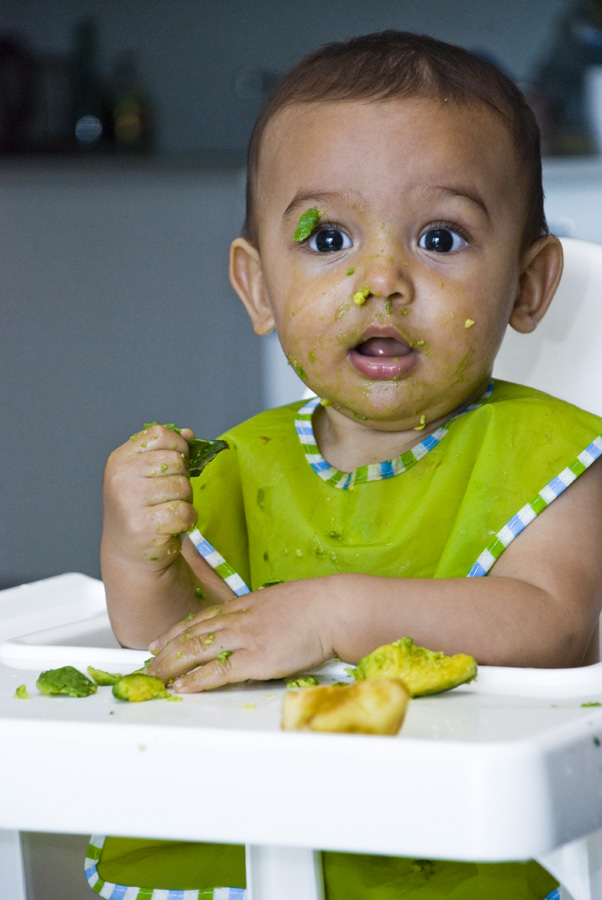 I wimpishly give her bits when i am with other mums so people on hand if she gets into difficulty. No matter how mcuh people reassure me i can't relax!
I wimpishly give her bits when i am with other mums so people on hand if she gets into difficulty. No matter how mcuh people reassure me i can't relax!
Similar threads
Anonymous
12/10/2010 at 9:50 pm
Same here!! My 10 month old is really stuggling bless him, he wants to eat, but gags and terrifies me the other day he had a monster much ( the only thing he could get on with) gagged, started sort of shaking/jerking, he looked terrified, wasn't breathing while he did that, then coughed it up- thank god! So now I'm even more scared to keep trying. It's a shame because he'll have a go at anything, just struggles. I read what some babies his age are eating and I just can't believe it, I'd love him to tuck in and eat well.
I've noticed a lot of people tend to say not to worry, all babies are different, will get there in there own time. I'm trying not to be to concerned, but it's hard.
Anonymous
12/10/2010 at 10:00 pm
Hi tracy,
I have weaned my son on only finger foods quite succesfully.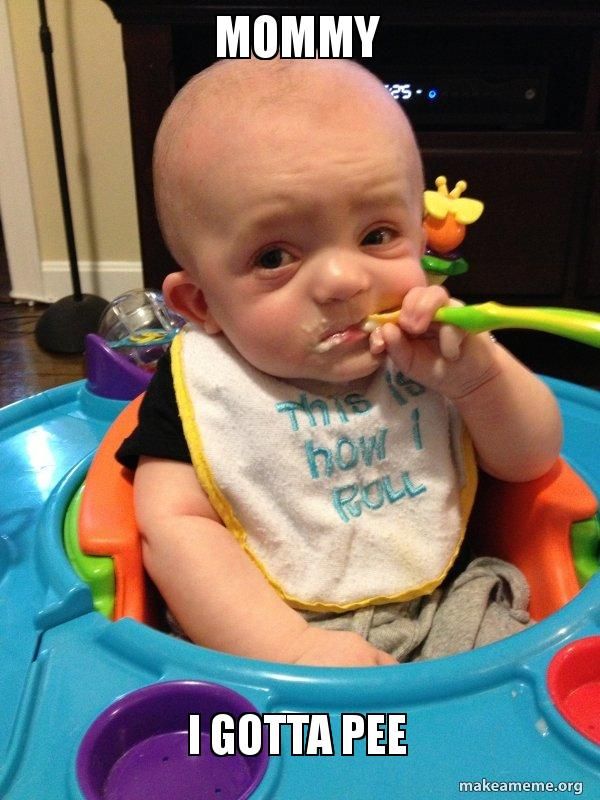 I was absolutely terrified of choking at first, but have read up on the difference between gagging and choking and also done a paeds first aid course.
I was absolutely terrified of choking at first, but have read up on the difference between gagging and choking and also done a paeds first aid course.
I did have to sit on my hands at first whenever my son struggled, but it's amazing how they can cope! He will cram so much in his mouth, but when it goes to far back he will gag (sometimes a lot!) and it all comes out again. He'll then recover and shove it all back in again:yuk: you can actually do more harm by trying to scoop food out as you may push it even further back.
It's just a process of learning for you and your LO. Just start out with some really soft foods like cheese triangles, soft steamed or roasted veg, slices of mango, melon(leave the skin on or it's far too slippy to hold).
It really does get easier the more you do it:D
Good luck!
Can't find your answer?
Popular Chat
How To Feed Your Baby Solid Food When You're A Paranoid Parent
Before I get started, I want you guys to know a little something about me — I’m a worrier.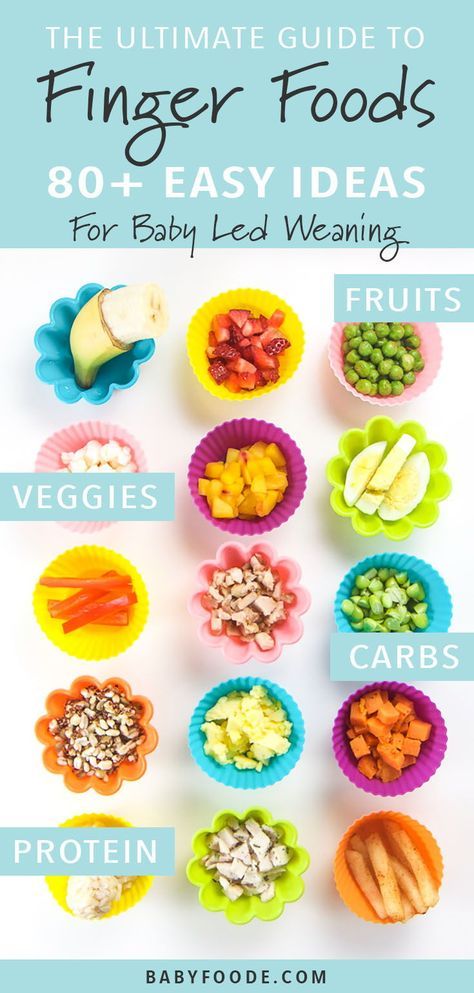 I worried before getting pregnant, I worried after getting pregnant, and I worried pretty much every single night once I gave birth. I basically clutched the baby monitor in sheer panic until my daughter, Charlotte, turned one. As a mom, there’s a lot I’m going to worry about in the future. But I’m here to tell you that introducing your baby to solids should be something you feel confident about. Because, real talk: You can’t feed kids straight grocery store purees until they’re ten.
I worried before getting pregnant, I worried after getting pregnant, and I worried pretty much every single night once I gave birth. I basically clutched the baby monitor in sheer panic until my daughter, Charlotte, turned one. As a mom, there’s a lot I’m going to worry about in the future. But I’m here to tell you that introducing your baby to solids should be something you feel confident about. Because, real talk: You can’t feed kids straight grocery store purees until they’re ten.
Most children are ready to try solids around the six-month mark, according to Parents.com — but every child develops differently. Make sure you talk about it with your pediatrician, since they’ll be able to assess your baby and give some tips. Charlotte was getting much better with purees by that point, but I had to build up more confidence before handing her anything she could pick up and eat herself. Because again — I worry.
And, I worry for a good reason. The fear of choking is a real one, and every parent should be well-versed in figuring out what to do if this scary situation happens. But with a bit of logic, it shouldn’t happen as quickly or as often as you might assume. Babies have certain instincts, and when you follow the proper precautions, the transition can be pretty easy. That said, every meal should be supervised, and yes — taking a CPR class or reading up on it is kind of an important thing for everyone, even those who don’t have tiny people crawling around.
But with a bit of logic, it shouldn’t happen as quickly or as often as you might assume. Babies have certain instincts, and when you follow the proper precautions, the transition can be pretty easy. That said, every meal should be supervised, and yes — taking a CPR class or reading up on it is kind of an important thing for everyone, even those who don’t have tiny people crawling around.
While every child is different, here are a few transitional, “adult” foods that worked for me (that I Googled heavily before trying.)
Bananas
A finely mashed-up banana is likely to be your baby’s first solid. Since it’s soft, it’s easy for them to gum if they don’t have teeth. Just make sure it’s not too chunky if you don’t know how your baby will react to it. In time, you can graduate up to more chunks when you feel confident. (And trust me, that moment will come.) Dr. Sears states mashed bananas are the perfect first food for babies who nurse, based on the level of sweetness they’re accustomed to.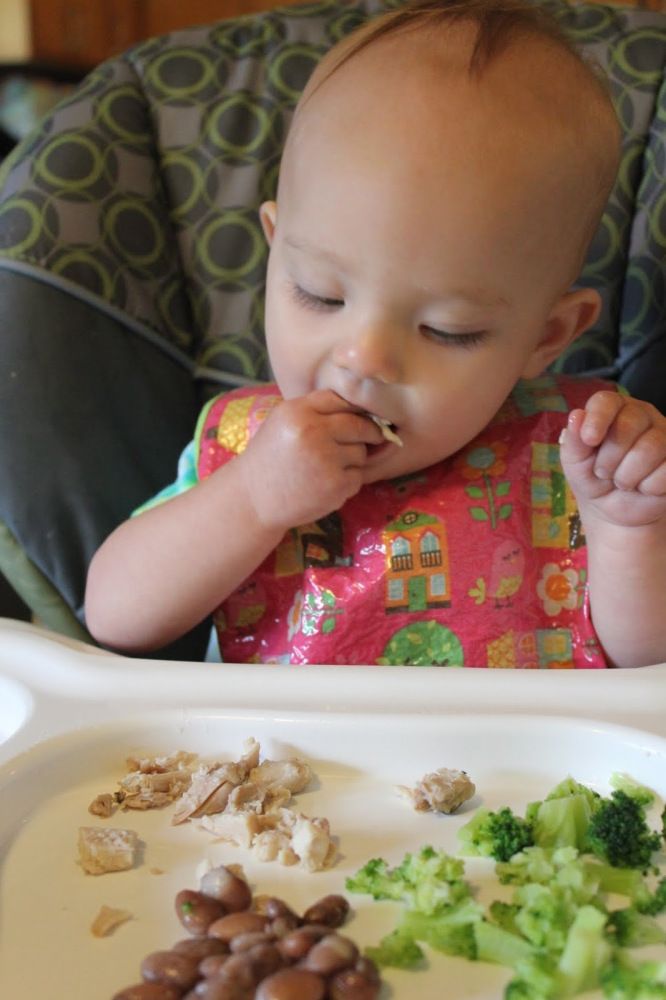
Teething Wafers
Charlotte is so satisfied with these, and I’m not going to lie — they’re not bad for adults, either. And yes, I’ve tried them. They’re pretty much a thin cracker that dissolves pretty quickly. You might see them at your local store as Baby Mum-Mums, but she’s a bigger fan of the HappyBaby brand of teethers. One of their flavors is purple carrot, and I literally just learned that purple carrots were a thing maybe five months ago. I’m glad she’s getting the vegetable education I’ve sorely lacked.
Spaghetti
The stereotypical “baby eating” image is likely a child in a high chair covered with spaghetti and spaghetti sauce. It’s not the cleanest food you can try, but it’s enjoyable to watch them try to pick up noodles. Try to stick with thin spaghetti, and cut it to a level where they can pick up the noodle, but not gag on it. Charlotte is especially fond of cut-up ramen noodles, and I can’t wait until she can actually enjoy one in its natural form.
Chicken Nuggets
It’s the quintessential kid food for a reason. If you cut up your nuggets teeny tiny (seriously — if you think they’re good enough, cut them once more to be extra safe) your baby will be able to enjoy. Sure, it’s not the healthiest and shouldn’t be an everyday meal — but it’s meat, which — unless you’re going the vegetarian route — is often hard to introduce into a baby’s diet.
Eggs
Every day for breakfast, Charlotte has a scrambled egg with some finely cut pieces of spinach in it. And she looks forward to it, too. Scrambled eggs are something she can pick up herself, or be spoon fed. Adding the vegetable was something that made me feel very “mom,” as I wanted to ensure she was eating some type of green. Note, babies won’t like these hot off the stove. Portion some aside and let it sit for a little, or even pop it in the freezer for a short time to lower the temperature a little.
Avocado
Babies! They’re just like us! (Obsessed with avocados, that is.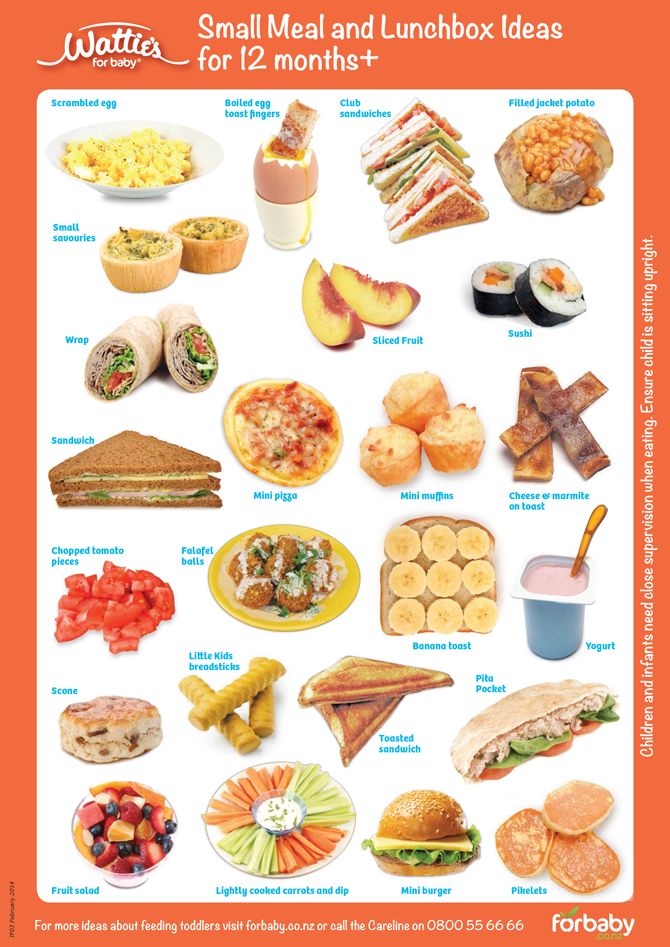 ) A mashed-up avocado is a really good first food to try. Aside from being delicious, it has all the healthy nutrients your baby needs. Not only are avocados filled with fiber and vitamin B, Australian Avocados pinpoints that avocados offer up folate, which is a total bonus.
) A mashed-up avocado is a really good first food to try. Aside from being delicious, it has all the healthy nutrients your baby needs. Not only are avocados filled with fiber and vitamin B, Australian Avocados pinpoints that avocados offer up folate, which is a total bonus.
Cheerios
If you’re not the type of person to have cereal in the house, it might be good to stock up on Cheerios. Cheerios will help your baby learn how to pick up food, and since they’ve got a hole in the center, they’ll help reduce your panic. (But still, if you’re a little terrified, you can break them in half until you and your baby feel more confident. Don’t let people tell you “you’re being too paranoid.” As a mom, you know best.)
Oatmeal
Oatmeal can be the perfect breakfast food — it’s filling, fairly healthy, and if you nuked it in the microwave, it’s easy. Plus, adults can jazz up their bowls with fresh fruit. Babies typically have an easy time with regular, spoon-fed oatmeal, but you’ll want to allow it to cool for a bit before giving it a shot.
Yogurt
There’s yogurt out there that’s marketed for babies, but any type of yogurt that doesn’t include big chunks of fruit will work just fine. The one plus about baby yogurt is that most types don’t need to be refrigerated, making it a wonderful snack to bring during a weekend trip. There’s just one con. If your baby has a known milk allergy, you’ll definitely want to talk to your doctor about any sort of dairy-based solids.
Cottage Cheese
Another great way to get calcium! Babies often don’t mind a little cottage cheese, especially when they’re teething — a spoonful of it is often soothing for babies who don’t mind the texture. Again, you’ll probably want to avoid if your baby has a milk allergy. While some babies grow out of it with time, your pediatrician will be the best judge.
Applesauce
Applesauce is a great way to get more fruit in your baby’s diet. Even better, it’s super easy to make at home if you want to avoid any added sugar. After making applesauce, you’re just one step away from being a contestant on MasterChef.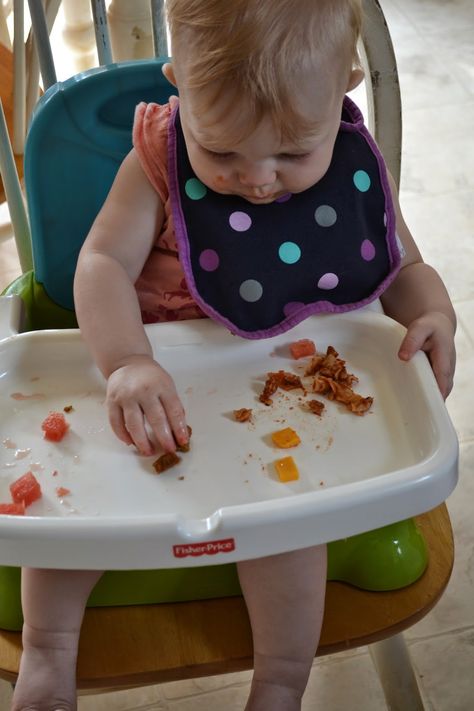
In general, once your baby reaches a year, they’re at the stage where they’re ready to try almost everything — if it’s cut into super tiny pieces (and isn’t too spicy). Just remember, you know your baby best. He or she will have no problem telling you when they’re ready to move up a level to solids. And they will let you know what kind of foods they enjoy most.
Once you take that first step in introducing solids and standard, everyday food to your baby, it’ll get so much easier. Thus leaving you plenty of time to worry about the next milestone in your child’s life.
Fear of food - need advice from psychologists! The child is almost 2 years old. stretches it out to me to wipe it off, or rub it against itself, if it still doesn’t rub off, or a micro crumb remains, then it behaves as if the finger is not dirty, but seriously cut, while the “dirt” is invisible to the eye, but he feels it. so with any food. Our menu, at 8 in the morning, 100 grams of granular salted cottage cheese or soft curd mass, seizes with sweet cream cheese or a type of plant, but it’s also more useful 100 grams.
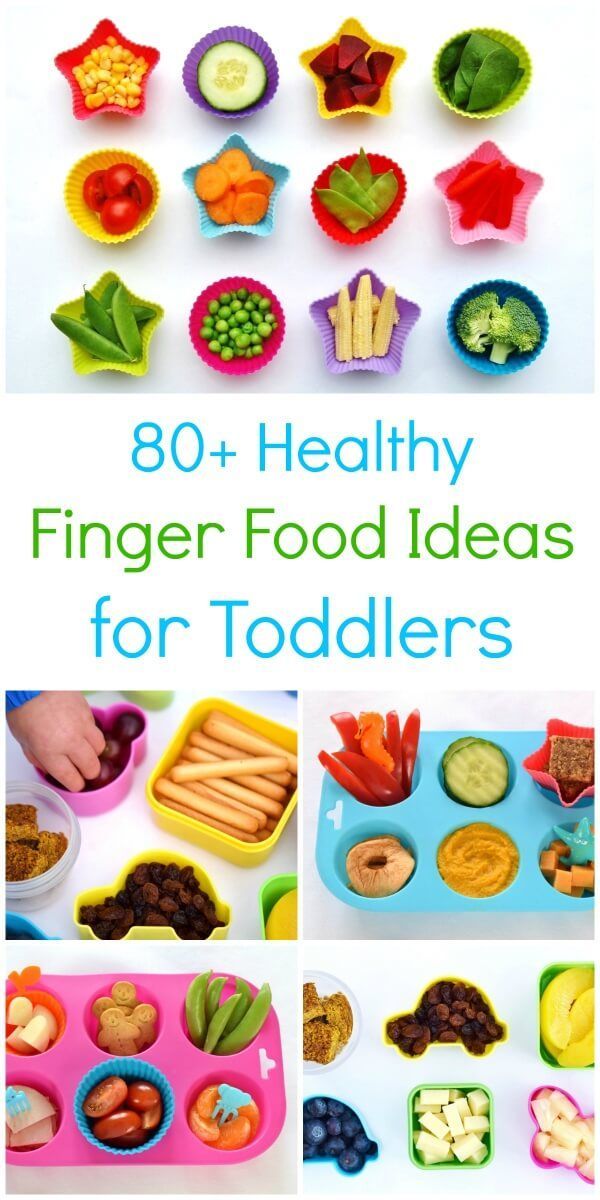 porridge, he doesn’t recognize another. He also eats bread without a crust, cookies, waffles and everything in bags, but I don’t give it categorically. He runs away in horror and hides from pasta, side dishes, meatballs, soups, casseroles, fish, meat. afraid to even look at all this. Sometimes it turns out to persuade him to take a spoon or a fork in his hands, he then picks food, scatters it around, but he won’t touch anything with his hand, I take a spoon or a fork, immediately jumps up and runs away. When you try to just bring him closer to the table, he yells, twists and beats in his hands. reaction to everything. Drinks water and kefir, nothing else. Afraid of new tastes, smells.
porridge, he doesn’t recognize another. He also eats bread without a crust, cookies, waffles and everything in bags, but I don’t give it categorically. He runs away in horror and hides from pasta, side dishes, meatballs, soups, casseroles, fish, meat. afraid to even look at all this. Sometimes it turns out to persuade him to take a spoon or a fork in his hands, he then picks food, scatters it around, but he won’t touch anything with his hand, I take a spoon or a fork, immediately jumps up and runs away. When you try to just bring him closer to the table, he yells, twists and beats in his hands. reaction to everything. Drinks water and kefir, nothing else. Afraid of new tastes, smells. In food, he was always very selective, he ate a certain set of products, then he gradually began to exclude them until there was nothing left.
He is also afraid of getting dirty, he is terribly afraid of getting his hands dirty.
I never ran after him with food, I didn’t force feed him, I didn’t force him, I didn’t instruct him, I always ate voluntarily, I didn’t eat, I didn’t stuff him.
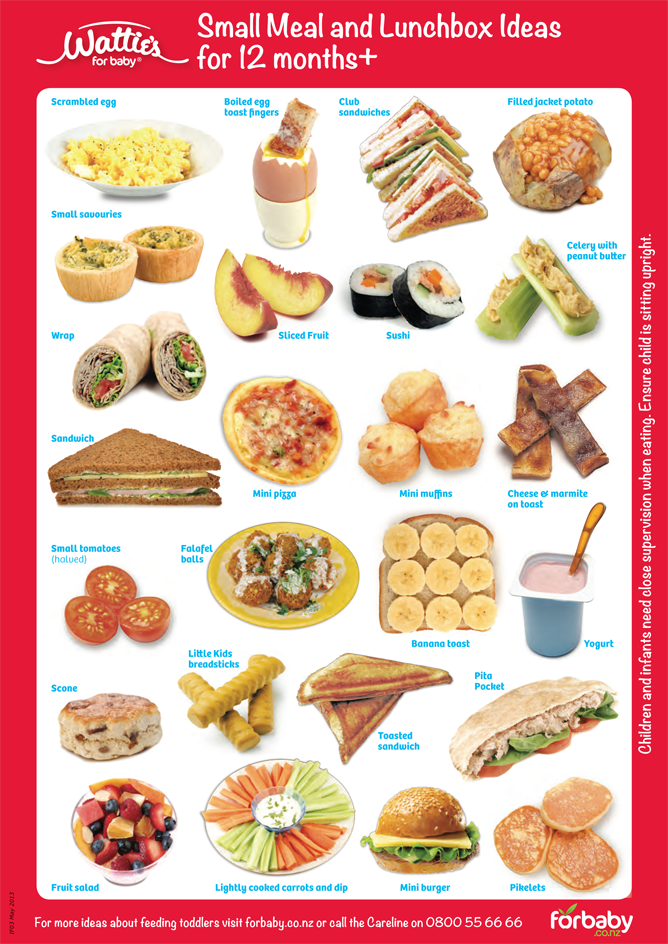 I just can’t imagine how such behavior could be provoked. torture, in the morning he ate these curds of his, it was at 8 in the morning, at lunch I offer chicken broth with homemade noodles, shied away, for an afternoon snack a wheat casserole with pumpkin and an apple, the same reaction, escho shied away from a distance, cooked buckwheat for dinner porridge, the same thing. At 10 pm my child went to sleep on an empty stomach, hungry, he felt bad, he was sick of hunger, his stomach was seething, but he didn’t eat and didn’t even touch anything. And I’m afraid that if I I’ll regret it and feed such a hungry man with instant porridge for dinner, then he will understand that he can not eat and he won’t remain hungry, and then a vicious circle. I removed bread, cookies, just everything that there was no alternative. if he doesn’t eat what, continue to starve for the second day? He is very hungry, he is nervous oh, capricious, howls at the refrigerator, turns over his chair, pulls the tablecloth off the table, demands food, but does not eat anything.
I just can’t imagine how such behavior could be provoked. torture, in the morning he ate these curds of his, it was at 8 in the morning, at lunch I offer chicken broth with homemade noodles, shied away, for an afternoon snack a wheat casserole with pumpkin and an apple, the same reaction, escho shied away from a distance, cooked buckwheat for dinner porridge, the same thing. At 10 pm my child went to sleep on an empty stomach, hungry, he felt bad, he was sick of hunger, his stomach was seething, but he didn’t eat and didn’t even touch anything. And I’m afraid that if I I’ll regret it and feed such a hungry man with instant porridge for dinner, then he will understand that he can not eat and he won’t remain hungry, and then a vicious circle. I removed bread, cookies, just everything that there was no alternative. if he doesn’t eat what, continue to starve for the second day? He is very hungry, he is nervous oh, capricious, howls at the refrigerator, turns over his chair, pulls the tablecloth off the table, demands food, but does not eat anything.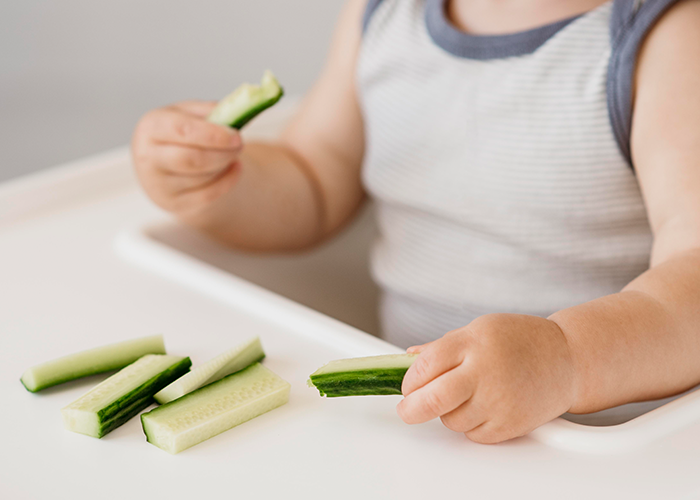 , he lost weight, if at the beginning of winter I tried on last year's jacket for him and it was hardly buttoned on it, then right now it was just the right time, and then I measured it for one thin suit, and now he wears it with a T-shirt and a warm suit, and everything is fine. What should I do? That this is exactly fear, I no longer doubt.
, he lost weight, if at the beginning of winter I tried on last year's jacket for him and it was hardly buttoned on it, then right now it was just the right time, and then I measured it for one thin suit, and now he wears it with a T-shirt and a warm suit, and everything is fine. What should I do? That this is exactly fear, I no longer doubt. Did you try to contact a psychologist?
I don't know about fears... Are you sure that's how things are? Mine is 2.4. We have a similar diet, only 100 grams of cottage cheese is a luxury for us. I have always been small. Now it’s just a kick-ass. For breakfast, 2 tablespoons of porridge is a feat. With dinner, trouble in general: no soups, no side dishes, no meat - he doesn’t eat anything. Occasionally, you can persuade a couple of spoons of mashed potatoes or pasta (empty). Respects cookies (rarely). Drinks water, diluted juices. He does not eat fruit, very rarely he can gnaw on a banana, he eats some fruit from bags for babies.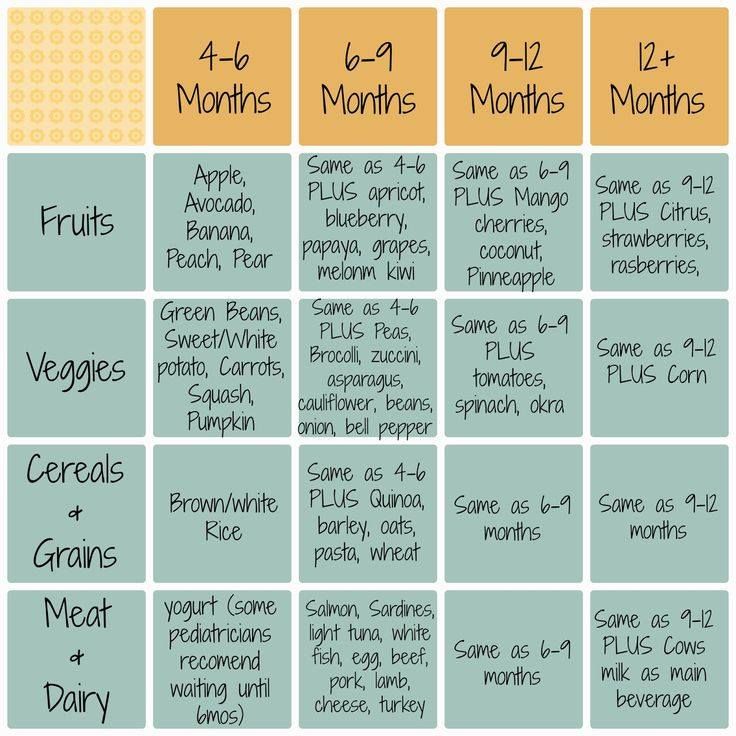 I am also tired. I have no idea how, with such a diet, he still wears sausage. We do not differ in plumpness: height 93 cm, weight 12,500. Until recently, I didn’t take a steam bath, but don’t stuff it by force, but the situation is only getting worse. Hunger strikes do not cause appetite. The diet is terrible and all this is also in scanty quantities. But he doesn’t seem to be afraid of food, he just zealously shakes his head or runs away, he doesn’t want to. Yes, you know, at first I was even glad that the child was not a glutton. We have someone to get fat. I was terribly tormented in childhood with this problem, the complex is still. I always knew that I would not forcefully stuff, the child would eat as much as necessary. But now it's a real problem. I just can't feed him at all.
I am also tired. I have no idea how, with such a diet, he still wears sausage. We do not differ in plumpness: height 93 cm, weight 12,500. Until recently, I didn’t take a steam bath, but don’t stuff it by force, but the situation is only getting worse. Hunger strikes do not cause appetite. The diet is terrible and all this is also in scanty quantities. But he doesn’t seem to be afraid of food, he just zealously shakes his head or runs away, he doesn’t want to. Yes, you know, at first I was even glad that the child was not a glutton. We have someone to get fat. I was terribly tormented in childhood with this problem, the complex is still. I always knew that I would not forcefully stuff, the child would eat as much as necessary. But now it's a real problem. I just can't feed him at all.
go to the forum "Other children", tell your story, maybe they will tell you. one of the symptoms of early autism is selectivity in food. maybe this is not your case, but it's better to overdo it.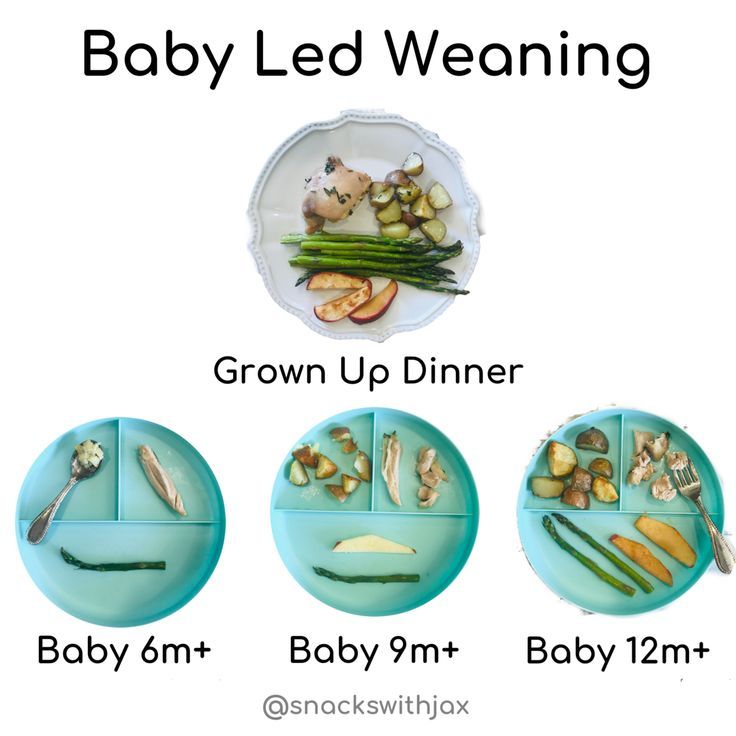 ...
...
I don't know about the symptoms of autism , but as far as I know many children, selectivity in food ALL passed at an early age.
The author, we are just like you - little kid + clean. We don’t like new tastes, we won’t try anything new, if it has an unusual look, we refuse to touch food, if a crumb of food got on our clothes or on our skin, we immediately shout “WHAT!” Well, nothing, mom feeds carefully, only with her favorite dishes, as much as the child wants to eat.
There is no need to starve. This will do nothing to solve the problem. You just need to wait, sooner or later there will be an interest in food. Just don't bother yourself and don't get nervous during feeding, then it will be easier for the child to overcome his cockroaches in himself)))
I also worried about this for a long time, then I just "scored"! Recently, the process began to improve, even she began to try to eat, despite the smearing of food.
these are not cockroaches, they are manifestations of a neurosis, for example, obsessive-compulsive disorder.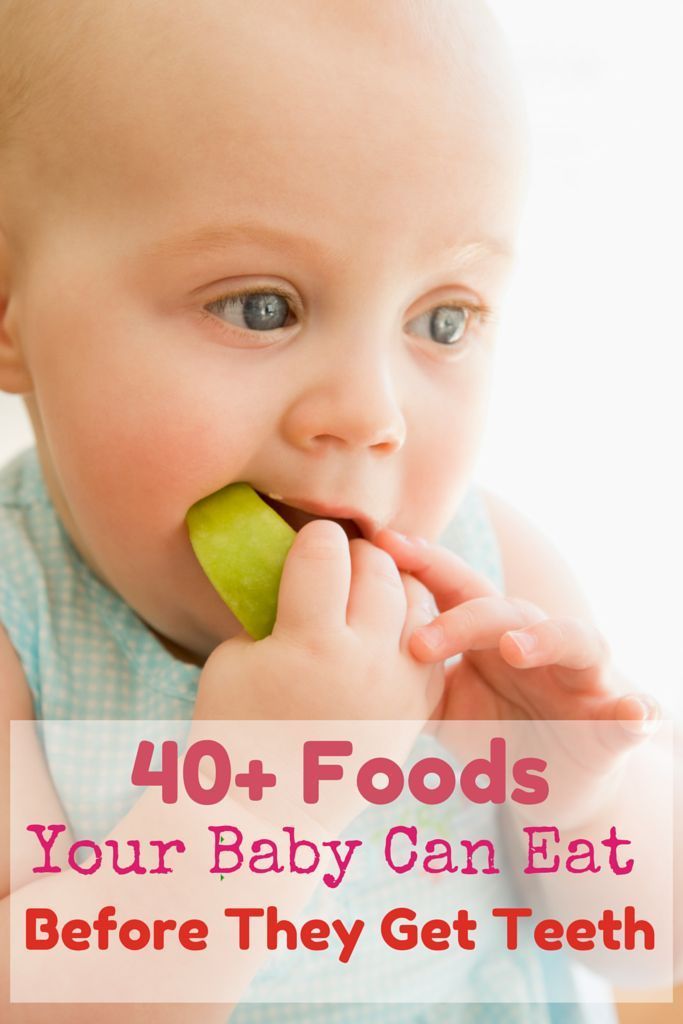 and it won't work. how do you tell these children to go to the garden if they don't eat there??? earn gastritis?
and it won't work. how do you tell these children to go to the garden if they don't eat there??? earn gastritis?
So mommy is right to bother, just don't show this to the child.
and at 2 years old, like some above, it doesn’t catch your eye and doesn’t soar until you leave the house, and as soon as you leave, it’s impossible to go to a cafe, restaurant, go on vacation normally, because there is simply nothing to feed such a child and this is very limiting and impairs the quality of life. Just because someone hasn't experienced it doesn't mean it doesn't exist.
It seems to me that it is one thing - selectivity in food, another - FEAR of food, that the child runs away from the plate screaming.
Mine is also selective. BUT! If he starves all day, by the evening he will eat what they give. and so that the child loses weight, starves, but does not touch it ... you need to turn to "other children" with a problem, there competent mothers will say something sensible for sure.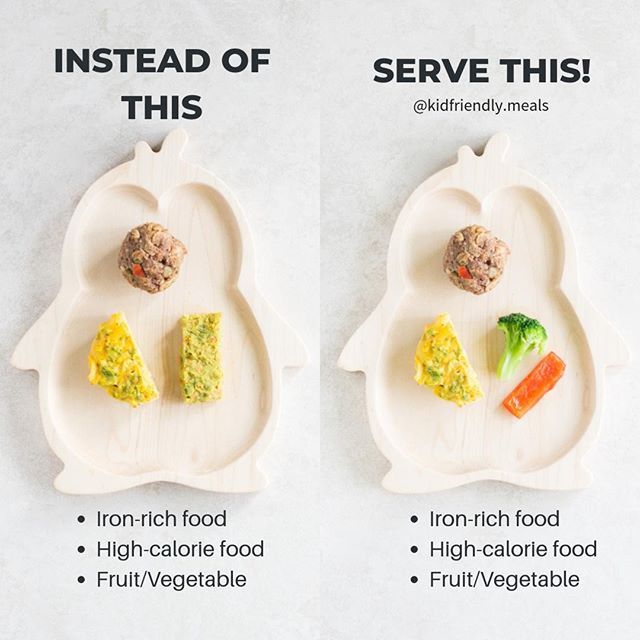
Just the same, I came across this, that's why I say. And just the same in the garden, such children eat without problems, oddly enough.
The child needs a consultation with a good psychologist and neurologist, and it is advisable not to delay.
PPKS!!!!!! mine is also very selective, she also fed only what she wanted and did not starve, and, frankly, almost did not bathe. Now (ttt) he eats almost everything himself: he still doesn’t want vegetables, but meat, soups, porridge, etc. began to eat with pleasure))
Thank you very much for your participation!
She rejected her hmm ... "methods" for ineffectiveness. In the morning the child got up like a sick person, lies, cries, looks painful, didn’t eat anything for a day. that he feels bad from hunger but can’t eat (it doesn’t want to anymore, it’s exactly impossible). I fed “him” with food, I’ll ruin my stomach or something like that. We are waiting for specialists, they were already recorded on January 7th, there was no way before.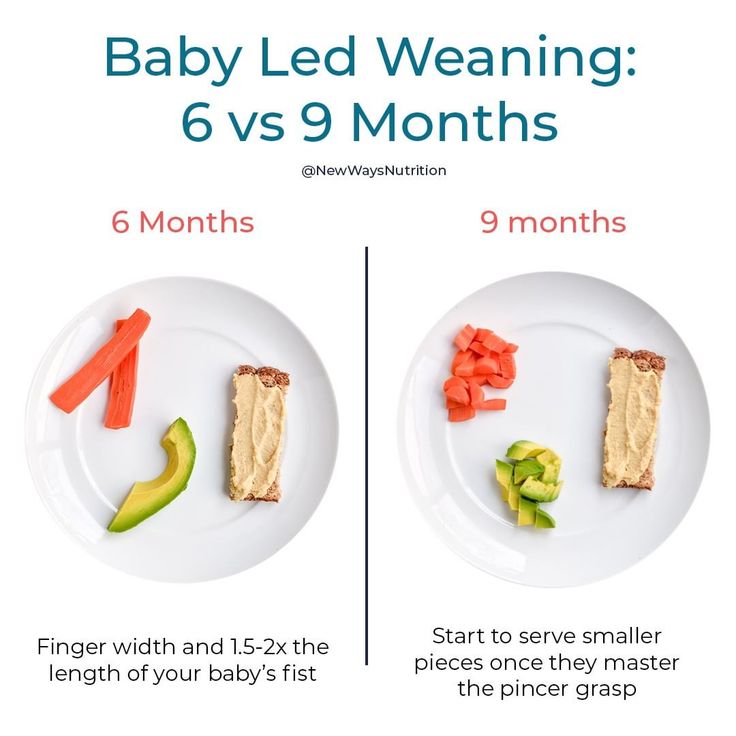
You write in such a way that you have clearly encountered this! Do you have any advice on what I should do with it for now?
I used to be terribly worried about the same thing. Nothing helped ... At the age of five, the child could not chew and swallow solid food.
It turned out to be pure neurology in terms of symptoms very similar to autistic traits. After intensive treatment of neurology in five different ways, he began to eat whole bananas at the same time, just bite off. And before that, only in the form of puree. I was also afraid of autism, but what can you mix food with autists. (and I could imperceptibly put a little mashed meat into the porridge) But if, God forbid, he saw that I mixed something into the porridge, he shied away with screams. The experiment of not feeding until hungry ended very sadly, with vomiting and terrible hysteria.
Now, at six and a half, he eats cutlets, pilaf, pasta, rice, peeled and chopped pears and bananas. More cottage cheese, porridge and soup.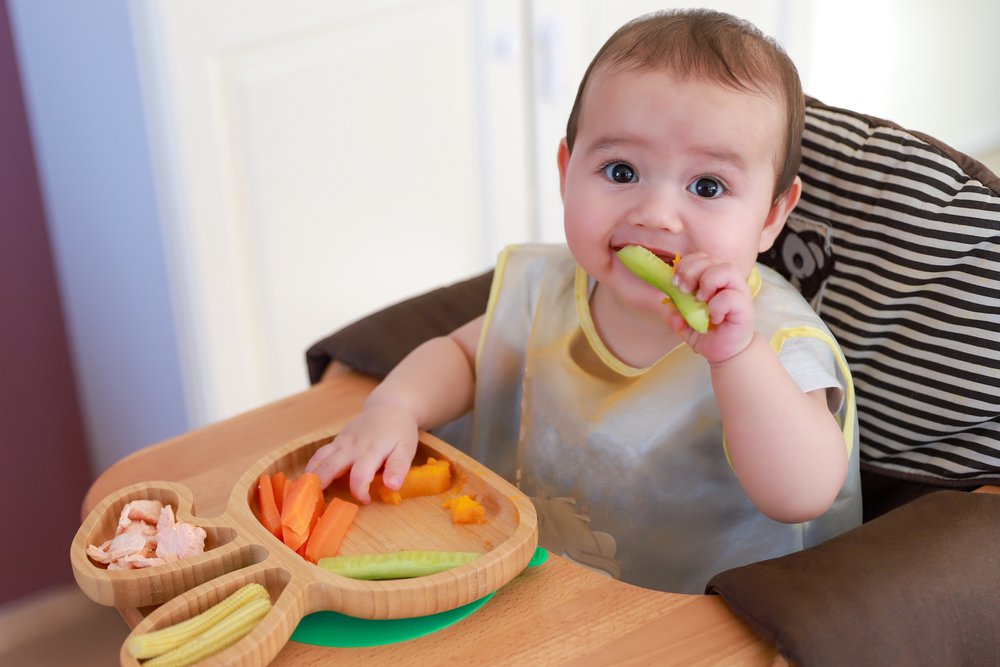 That's all I've been able to put on the menu so far. As before, he shies away from vegetables and fruits (fresh) and cannot chew and swallow meat, chicken (for example, he cannot bite off a chicken leg)
That's all I've been able to put on the menu so far. As before, he shies away from vegetables and fruits (fresh) and cannot chew and swallow meat, chicken (for example, he cannot bite off a chicken leg)
My son is 2.9 - the same problem. He does not want to try anything new and has refused vegetables, meat and fruits, although he had previously eaten all this. Doesn't chew. He doesn’t “can’t”, but he doesn’t want to, because if you give something from a delicious-forbidden one (such as crackers from a bag, chips, etc.) - he will gobble up for a sweet soul. He eats only cereals and cottage cheese in a state of thick puree. I am forced to mix meat, eggs, and also, whatever I see, it won’t be otherwise. Drinks water, compotes, juices. I mix blended fruits into cottage cheese. And what's interesting: if you need to give medicine, even the opposite, he with persuasion and conviction, but still opens his mouth voluntarily, but with food - not in any! We have not identified autistic traits, the child is cheerful, active and sociable.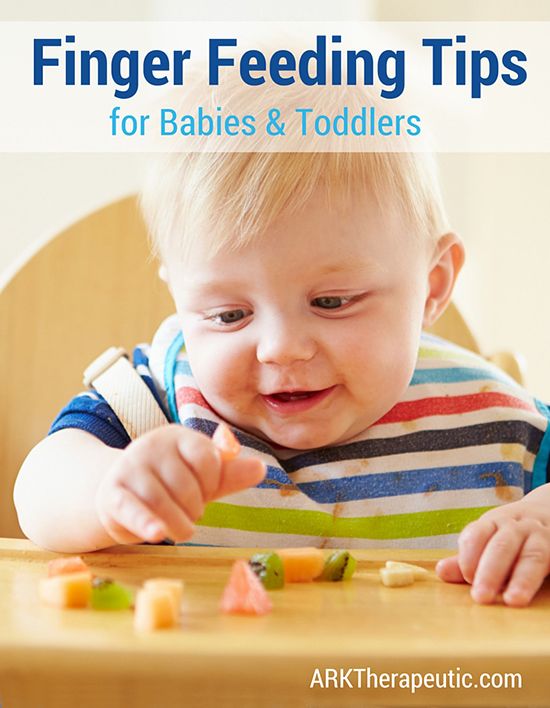
exactly the same nonsense.
Pipets. I can't mix anything either. We are really 2.4. I start to steam. I went to read what autism is (((I read it, I didn’t really understand what it was. My son doesn’t speak, he doesn’t really like communication on the playground. Otherwise, he’s cheerful, adequate, loves reading, games, including logic ones , puzzles), movable, plays wonderfully with me. He understands everything: we know letters, colors. There is also a symptom: "... arranges objects in order and by color." Yeah, he arranges, loves order. But this is how it is with us , put everything together and put it right. Mlyn, neurologists have no complaints about us, except for the lack of speech. Well, here is such rubbish with nutrition: you don’t mix anything, but eating has become generally disgusting and well, very selective. but he has an interest, he can and wants to try, but just spit it out.0006
was similar. I didn't monala with new food, then somehow it started to turn out on its own
Does the child have a pointing gesture?? And are there any rituals? For example, a strictly defined walking route? Are there tantrums when rituals are violated? Is it possible to rearrange the furniture in his room without any problems? Or go to visit with an overnight stay?
I also used to think that I didn't want to chew.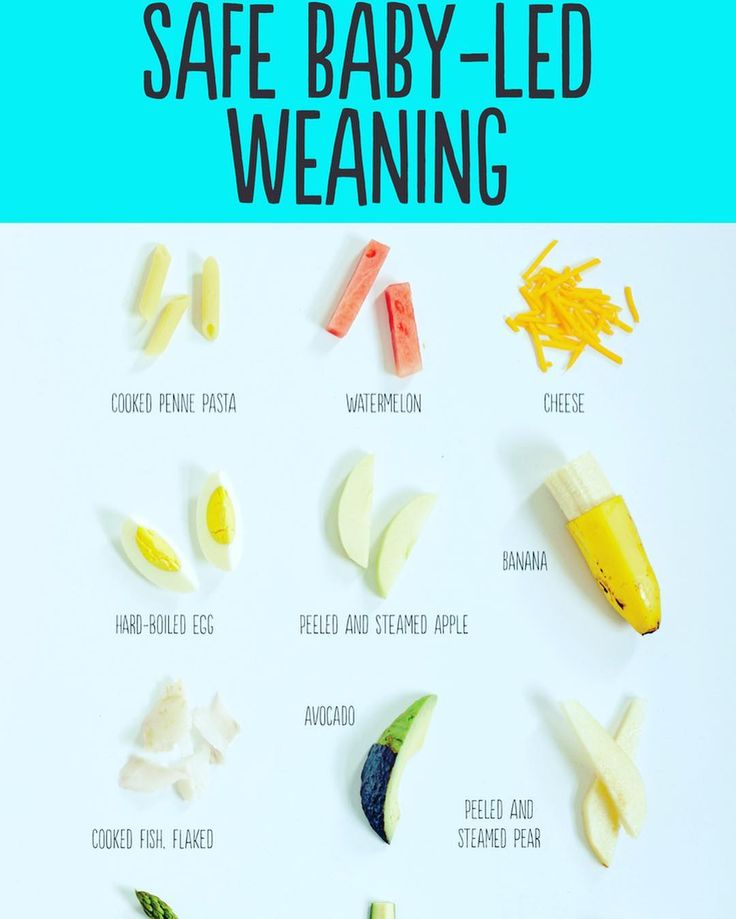 But then it turned out that crackers, chips, cookies, under the influence of saliva, as it were, dissolve in mashed potatoes, so he was not afraid to chew and swallow them and also destroyed them. But a piece of chicken does not dissolve and you need to make an effort of the swallowing muscles to swallow. And these muscles are hypotonic due to neurology. Therefore, he really cannot and does not "want"
But then it turned out that crackers, chips, cookies, under the influence of saliva, as it were, dissolve in mashed potatoes, so he was not afraid to chew and swallow them and also destroyed them. But a piece of chicken does not dissolve and you need to make an effort of the swallowing muscles to swallow. And these muscles are hypotonic due to neurology. Therefore, he really cannot and does not "want"
If anyone saw how we eat carrots with sour cream, grated on a fine grater, he would faint. After shouting and arguing, the child takes half a teaspoon in his mouth. For five minutes he sucks out sour cream and carrot juice. Then he will spit out on the table a lump of carrots sucked to a dry state, shouting "I can't chew"
Pointing gesture? What? Yes, he can point his finger (does not speak yet). There is no definite walking route, there are preferences, it can dictate where he wants to go right now. I'm not sure about rituals. Yes, he can throw a tantrum if the pyramid was not assembled in the right way), sometimes I watched how he could break loose and arrange the ceramic figures on the shelf in a row so that they stood exactly.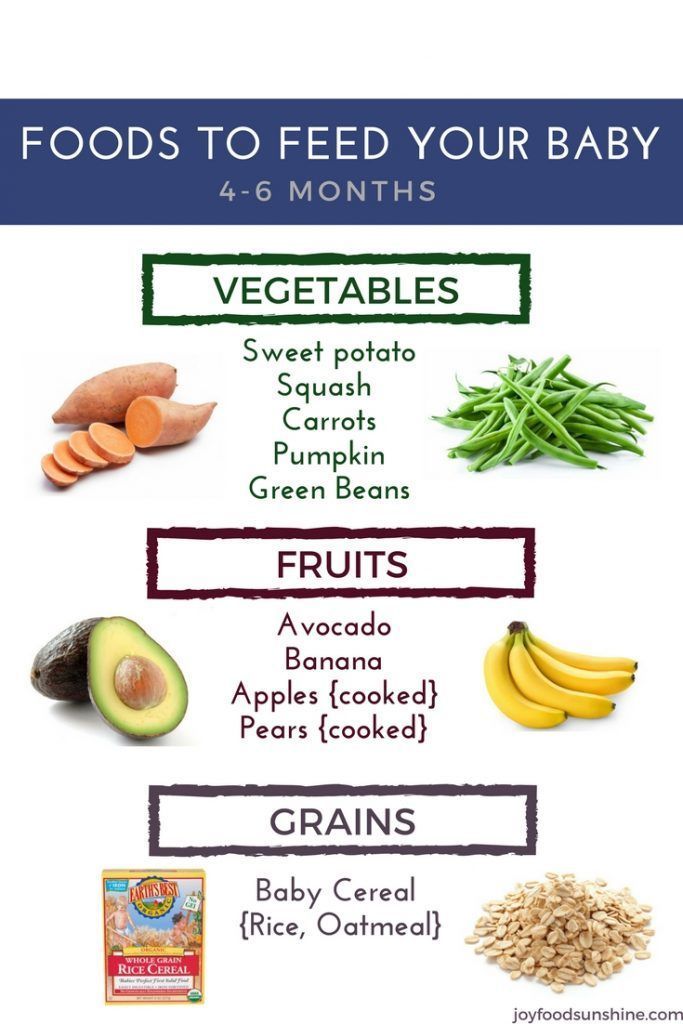 But our grandmother is obsessed (she seems to have a really obsessive syndrome), she does not tolerate if objects are not in the right place, it seems that the child copies this behavior. He doesn't care about furniture. They didn’t stay overnight, but I think the figs would have laid him down.
But our grandmother is obsessed (she seems to have a really obsessive syndrome), she does not tolerate if objects are not in the right place, it seems that the child copies this behavior. He doesn't care about furniture. They didn’t stay overnight, but I think the figs would have laid him down.
I had this as an adult, due to severe stress. I couldn’t eat most of the food (in the literal sense I couldn’t, my head was spinning from hunger, but I couldn’t take food in my mouth, well, something like, sorry, if r.. lay on a plate). It got to the point that in the morning I went to the store and looked for what I could eat (at least chips, at least cookies, at least some canned food). I turned to a psychologist, worked out for quite a long time, as a result, now I eat more or less normally, but I can’t see fish, meat in the form of a piece (only cutlets) and much more. The child does not indulge, he really feels bad, urgently to the specialists.
What about the pot?? Can he cut his nails and hair in peace?
If it is really in the form you describe, then see a psychologist.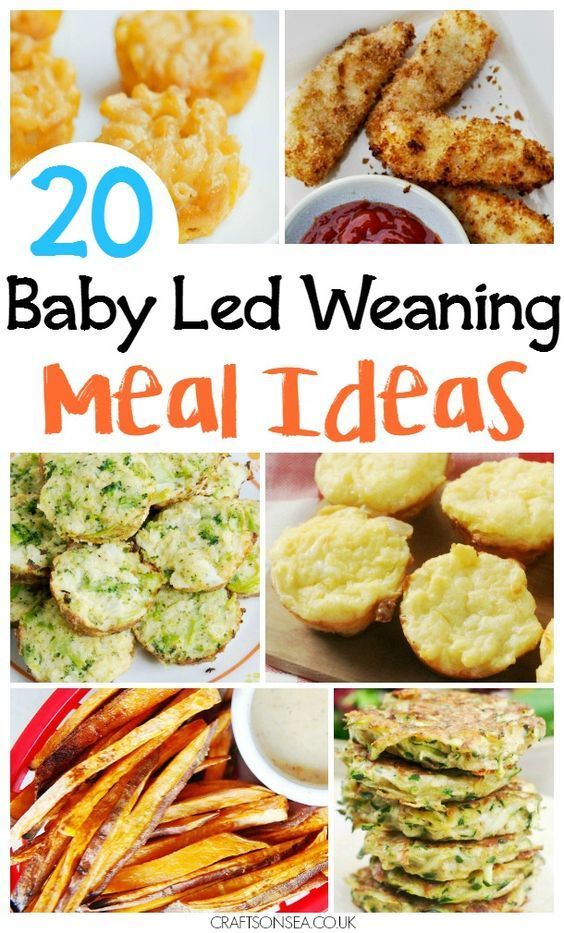 (IMHO)
(IMHO)
This can be both a feature of the child's character and a manifestation of the autism spectrum.
In addition to the classic RDA (and there are a lot of options in it), there is also atypical autism and the autistic spectrum.
Not so hot with a pot. But we ourselves are to blame, scored. He is in the bathroom in a glass, but he walks, making fun. The animals are planted in a pot. In principle, he’s already ready for the potty, he understands why and what, he just doesn’t have enough patience, plus I went to work, my son and grandmother, and she still has a lot of her own things to do, the pot is on its own in general. He gives his nails a cut, he loves, but his hair has not been very recent (they scared him with a hair dryer at the hairdresser), but otherwise he gives a partial cut.
My house also eats almost nothing, but in the nursery he eats almost everything for a sweet soul. When you eat what does the child do? Will they try to feed you?
He tries not to come up to the table when I eat, when he tries to just sit next to me, he breaks out and runs away.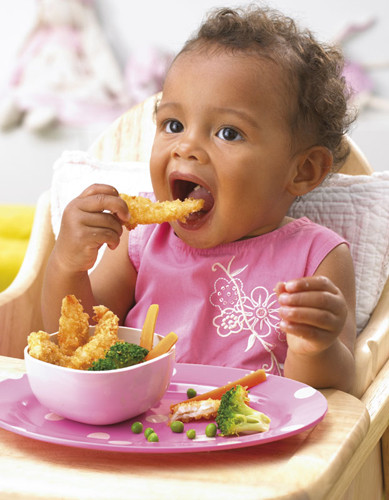 cautiously approaches and picks food, at the slightest hint that I want to offer him, or if I take the fork, he runs away immediately. But picking is far from always suitable.
cautiously approaches and picks food, at the slightest hint that I want to offer him, or if I take the fork, he runs away immediately. But picking is far from always suitable.
He once ate ordinary porridge, chewed normally, and mashed potatoes with small pieces of boiled chicken meat, also chewed normally, even ate an apple a little once, also bit and chewed, and swallowed also well. He does not chew and is afraid to swallow, he can’t even stand the sight of food.
Well, we can’t do anything with the pot, but I don’t insist that there’s no fear for this, too, he understands what, where and why, but doesn’t do anything there, although he can even sit on it and sit.
They never cut their hair, but they don’t like combing their hair, if they don’t distract with anything and don’t give something in their hands, they won’t let them comb it, but they also do harm about this, they run away and laugh when they see that I want to comb their hair. here the nails are another sight, yelling all over the street, as if I were cutting his fingers, not his nails, and breaks out.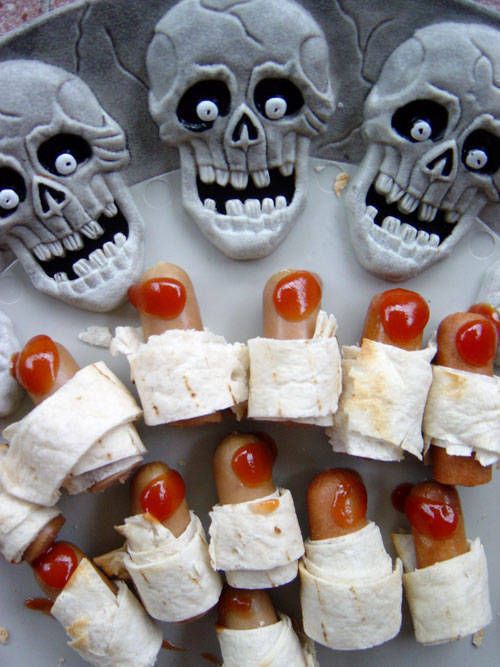
There was no pointing gesture, just about until 1.10, he also didn’t look if he was pointed to something, then suddenly everything appeared, now he points his finger at what he wants. There are no rituals at all. He doesn’t like changes, yes she doesn’t like it, she just doesn’t understand what happened, but she quickly gets used to it. They didn’t try it with an overnight stay, she endures other people’s places, but with caution, if her mother is nearby, she also gets used to it. But I think it would be strange if a small child was indifferent to change.
We also have a lack of speech, loves the playground, does not hesitate to children, smiling, sociable, cheerful and active, but he does not know how to communicate, although it is already better than before. he does not like order, on the contrary, he must scatter everything.
My banana easily eats, rarely takes and eats, I recently mixed meat, fish, vegetables, vegetables into potatoes, so that it would be invisible, literally crumbs, and ate mashed potatoes with everything else mixed in.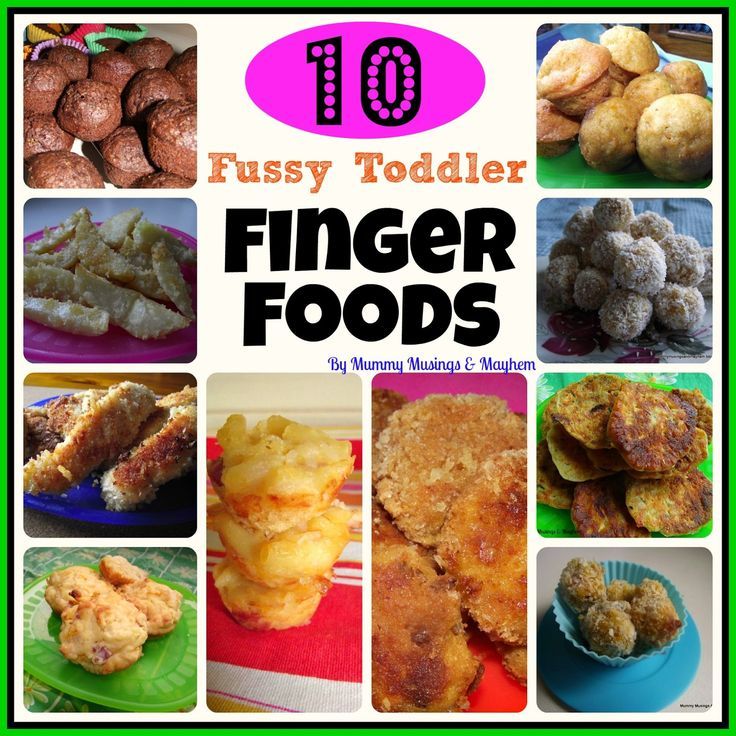 He also ate an omelette bites, chews and swallows normally, although no matter what he eats, he bites off very small pieces until there is nothing left in his hand, even if initially there was a very small piece that could be immediately taken into the mouth without biting off, it always crumbles when he eats .
He also ate an omelette bites, chews and swallows normally, although no matter what he eats, he bites off very small pieces until there is nothing left in his hand, even if initially there was a very small piece that could be immediately taken into the mouth without biting off, it always crumbles when he eats .
Off - who has problems with food - surely all mothers are long-term breastfeeders?
I know the author, she is not a long-term breastfeeder, don't try to suck the problem out of your finger. And I've been here for a very long time. There are no problems with food at all. The appetite is like that of a healthy peasant, he eats everything on the common table for a year. So don't try to find a solution to a problem where there isn't one.
I don't want to offend anyone, but it seems to me that you yourself awakened this fear in children. When they insisted on eating a couple more spoons, when the child wanted to bite something unfamiliar (what parents eat) and they told him that it was something and not, when every drop of mashed potatoes that fell on his chest, cheek, knees, his hands were immediately wiped and\ or they reproached the children for carelessness, they simply said something in a reproachful tone; when the child didn’t eat a portion, they got terribly upset, showed the child their frustration, lamented and frowned over his plate (it doesn’t matter what exactly you said at that moment, most importantly, you weren’t happy about the 2-3 spoons that he ate, didn’t praise him) .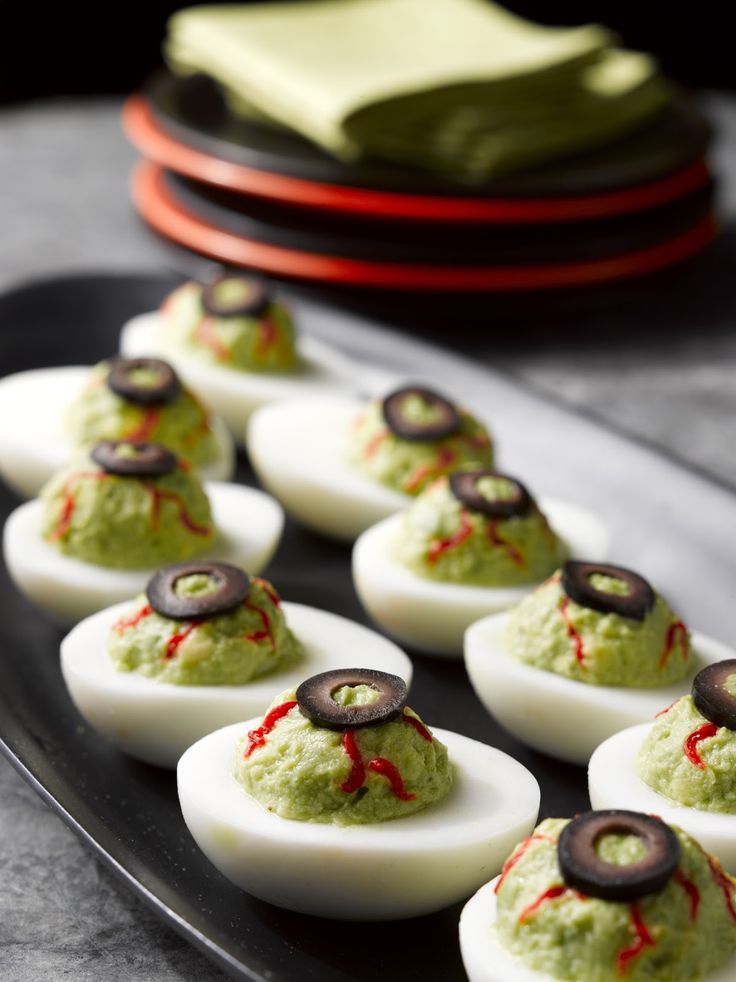 Thus, unpleasant, negative associations with the process of eating were formed, the fear of starting to eat, getting dirty, trying something new, finishing the meal ... It is extremely strange for me to see how everyone urgently begins to blame the child's food neurosis on autism. Infantilism is terrible. I understand that you think that you offered the child this and that, this way and that, both steamed and fried. And at the same time, no one closely dealt with this issue with psychologists, did not invite specialists to visit, so that the psychologist would get to know the situation closely and help the child get rid of the fear of food. Of course, who wants to hear in your address "mommy, you yourself (nanny, grandmother) brought the child to such a state." The easiest way is to blame everything on autism and "treat" the child with something.
Thus, unpleasant, negative associations with the process of eating were formed, the fear of starting to eat, getting dirty, trying something new, finishing the meal ... It is extremely strange for me to see how everyone urgently begins to blame the child's food neurosis on autism. Infantilism is terrible. I understand that you think that you offered the child this and that, this way and that, both steamed and fried. And at the same time, no one closely dealt with this issue with psychologists, did not invite specialists to visit, so that the psychologist would get to know the situation closely and help the child get rid of the fear of food. Of course, who wants to hear in your address "mommy, you yourself (nanny, grandmother) brought the child to such a state." The easiest way is to blame everything on autism and "treat" the child with something.
I say this because I have personally observed how my child developed a fear of food, hatred of spoons and forks, horror before she saw me put something on her plate and generally prepare for feeding.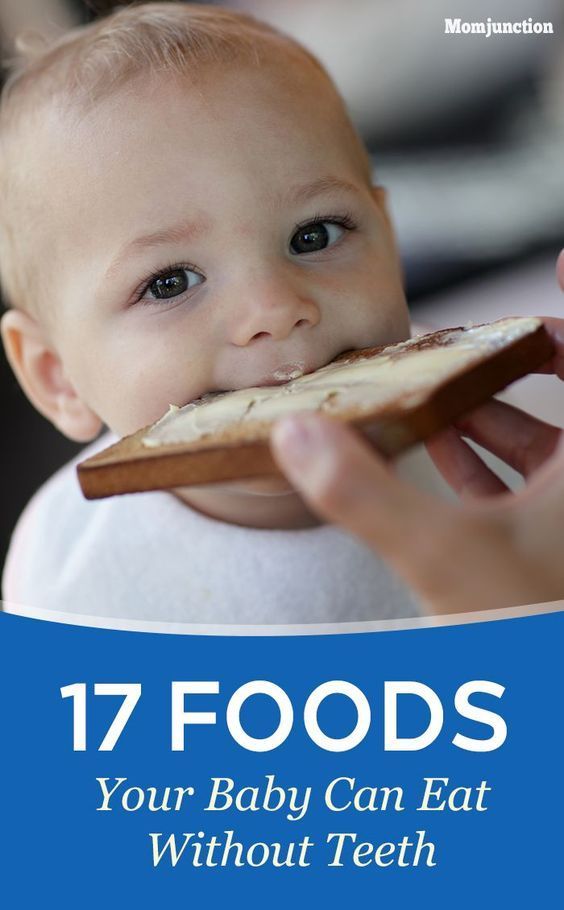 And in order to correct this situation, I deliberately made “mistakes” (according to the generally accepted opinion, these were precisely feeding mistakes, terrible misconduct, and in general I am a bastard, and not a mother, and I am ruining my child).
And in order to correct this situation, I deliberately made “mistakes” (according to the generally accepted opinion, these were precisely feeding mistakes, terrible misconduct, and in general I am a bastard, and not a mother, and I am ruining my child).
My 2-year-old daughter is also terribly neat, immediately takes off her wet T-shirt and asks to wipe a drop of food from her hands or T-shirt. But she doesn’t say “kaka” to food, she says “drop”, or “finger”, or just asks me to lick this finger. Because kaka is what's in the pot. And then, this is not cocoa, but "kakashi", which, in turn, also deserve only smiles and praise. She clearly knows that if she eats a lot or everything, then she will definitely be praised. She is afraid to try if she doesn’t want to, but if I tell her that it is fish, bread, sweets, berries, meat, cheese, then she is less afraid (or she just becomes more interested) and she wakes up with a desire and determination to try. Believe me, children are smarter than they seem, it is important for them how you call this or that product, phenomenon, piece, drop .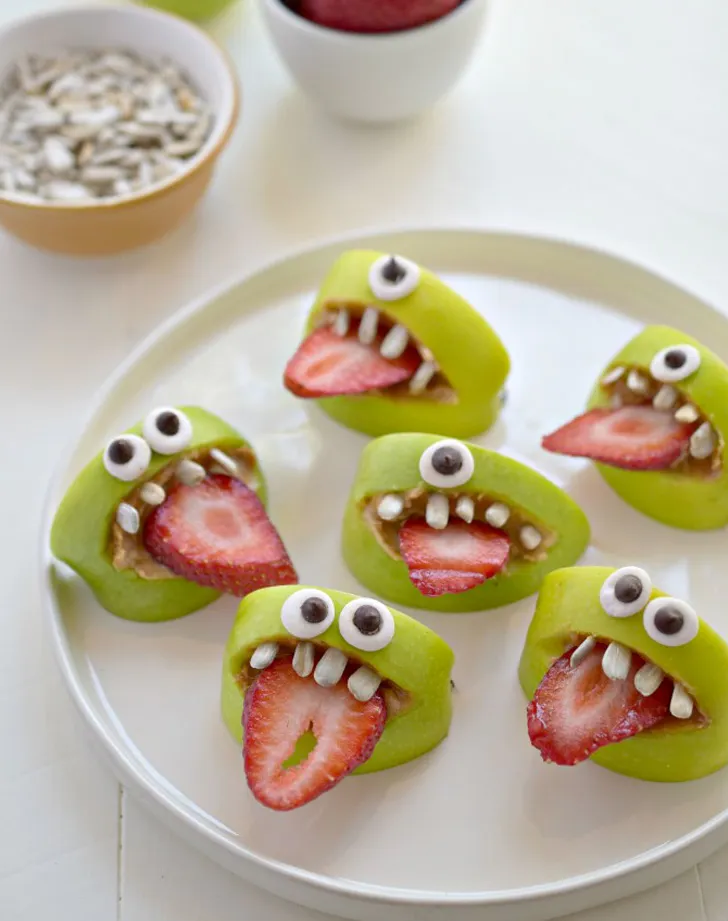 .. My child is one of those who was simply unrealistic to feed up to a year and a half. Advertising, TV - the only thing that worked, and then, if you put a spoon in at the wrong time or blended too thickly, everything vomited up. And I noticed that the situation changed only when the child began to better understand human speech. Well, when the fear passed that if the child eats a piece of red fish, then he will sprinkle it - the child realized that if the parents chew something with appetite, then it may well be tasty, you can dig deeper into it, get dirty, choose something for yourself something tasty and at the same time they will not stick a fork or spoon under your nose, but will give it to your hands and you can eat it yourself, like any person.
.. My child is one of those who was simply unrealistic to feed up to a year and a half. Advertising, TV - the only thing that worked, and then, if you put a spoon in at the wrong time or blended too thickly, everything vomited up. And I noticed that the situation changed only when the child began to better understand human speech. Well, when the fear passed that if the child eats a piece of red fish, then he will sprinkle it - the child realized that if the parents chew something with appetite, then it may well be tasty, you can dig deeper into it, get dirty, choose something for yourself something tasty and at the same time they will not stick a fork or spoon under your nose, but will give it to your hands and you can eat it yourself, like any person.
Believe me, my child often tries not at all children's products, but only in this way, through permissiveness and communication at the table, we were able to ensure that the child takes away the plates and shouts "mine", despite the fact that he was long ago fed in front of some TV blended porridge or other food.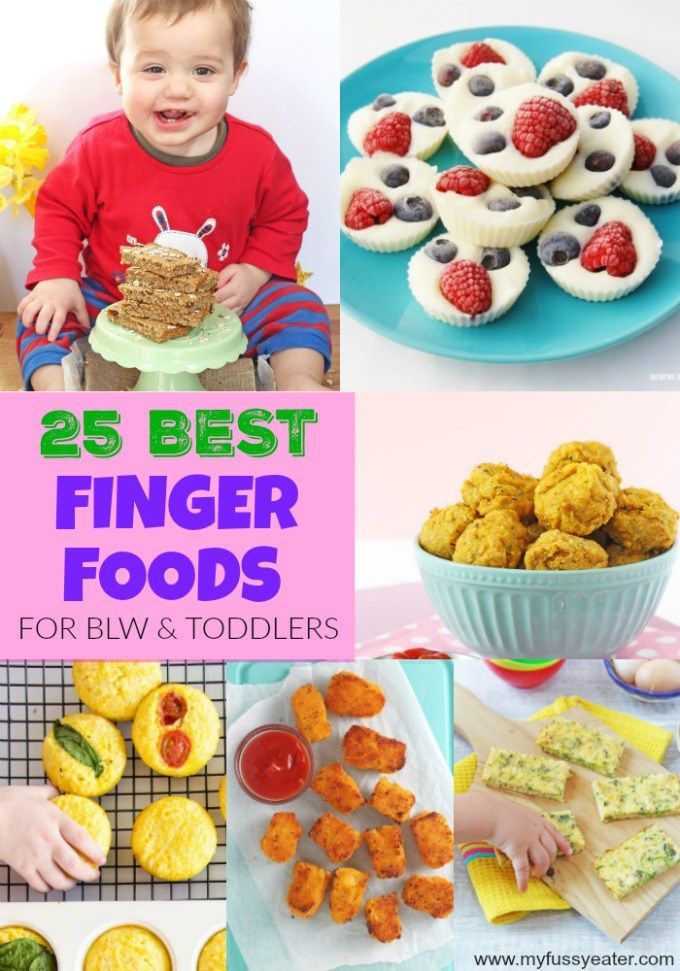 I believe that for the sake of awakening food interest, it is worth trying and not giving a damn about stereotypes.
I believe that for the sake of awakening food interest, it is worth trying and not giving a damn about stereotypes.
By the way, at the age of 10 months, a neurologist diagnosed my daughter with a "nervous esophagus" - when food does not fall into the stomach, but at first it simply stands in the esophagus or "walks" back and forth. It immediately became clear why the child could not eat the second spoon and began to vomit. So we didn’t have that behavior, we had real food neurology. And now she remains, but since the child has an interest in food, she easily overcomes this. When she eats herself and no one stuffs anything into her mouth with spoons.
Danya had an excellent appetite?! I remember how he ate and 300-350 grams at a time? I followed your thread in January that the refusal to eat was gradual and now you have come to this ..
and what about the gastro? Maybe the baby has a stomach ache? may need to be examined comprehensively?
logitek1, You know, you puzzled me . .. In my opinion, he still knows how to swallow mine, when he had not yet given up vegetables - he ate cucumbers for a sweet soul and swallowed huge kusmans. But he didn't eat, yes. Biting and swallowing. I give him special kashchu with lumps, and add fruits in pieces - he swallows normally ... He swallows chocolate without chewing ... But, of course, his eating behavior annoys me a lot. And how did you determine the hypotonicity of the swallowing muscles?
.. In my opinion, he still knows how to swallow mine, when he had not yet given up vegetables - he ate cucumbers for a sweet soul and swallowed huge kusmans. But he didn't eat, yes. Biting and swallowing. I give him special kashchu with lumps, and add fruits in pieces - he swallows normally ... He swallows chocolate without chewing ... But, of course, his eating behavior annoys me a lot. And how did you determine the hypotonicity of the swallowing muscles?
I'm wondering why you wrote this now7 We are bad mothers, but are you good? Which psychologists are you talking about? What new will they say? The child does not want to eat meat and vegetables. They DON'T like him. And I like porridge and cottage cheese. So why eat meat when you can eat porridge?
If a child sneezes three times, soon, in my opinion, autism will be suspected in this case too.
Do not confuse anorexia nervosa, which, by the way, is treated not by psychologists, but by psychiatrists, with childhood neuroses and other children's problems.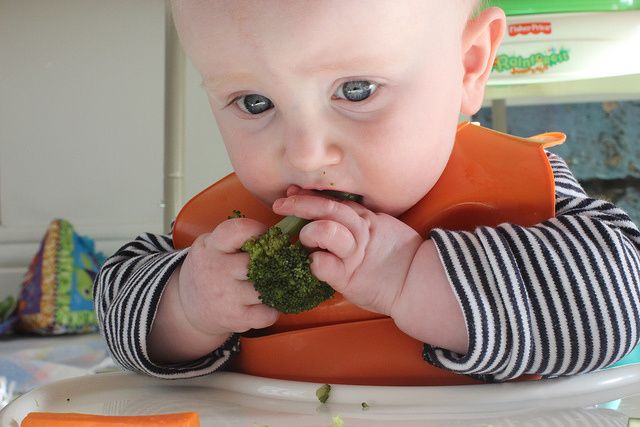
Don't talk nonsense (c)
nonsense, what do long-term mothers have to do with it?
before, the nurses were almost three years old in children - did everyone start having problems?
Well, girls, you scared me. Our youngest (2 years, 10 months) has recently begun to refuse meat. She eats sausages and sausages (I wouldn’t give them at all, but we don’t recognize other meat-containing products, sir), and boiled / fried meat, meatballs, etc. - in any. Either he was disappointed in meat in the kindergarten (I remember, someone else asked whether his child eats meat or refuses ... most importantly, they seem to cook deliciously), or something.
I thought it was a temporary "blow", then it will pass, but then I read your posts and somehow puzzled. If anything, is it necessary to consult with a psychologist or a neurologist?
You write nonsense, we fed up to 3.2 years - no problems with food, I started eating at 1.2, though everything, but right away, in pieces - there were no problems as such.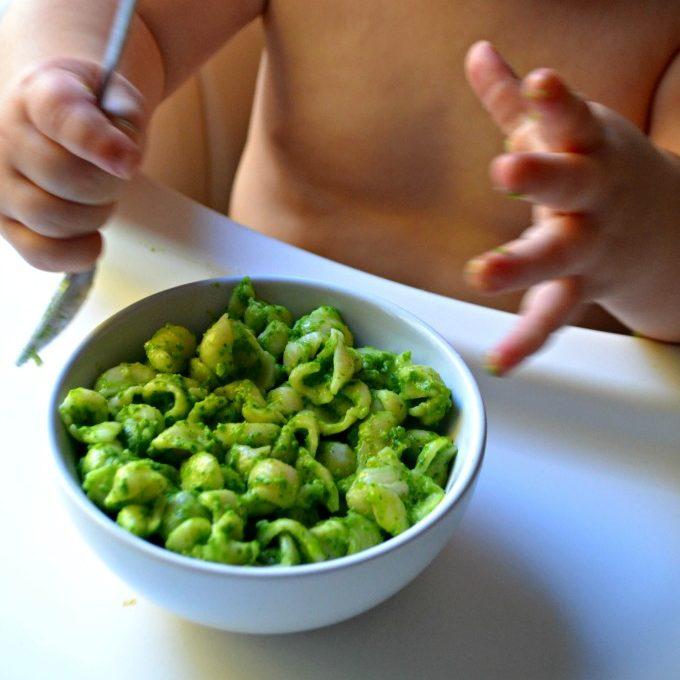 Long-term feeding has nothing to do with it ...
Long-term feeding has nothing to do with it ...
generally an artist.
Maybe you know children of about the same age. Kids eat very well in a team. Our girlfriend did not eat fruit, so her mother and I sat the kids with bananas on the playground in the summer and they fed each other.
I noticed that in most cases the child tries something new if it is eaten by the same toddler.
You are also very good mothers. You just don't know how to get out of this situation. I have such situations too. And sometimes I don't know how to get out of them either.
My child also loves carrots and tomatoes from vegetables and nothing else. I give everything else in a sbendered form, in front of a TV set.
Doesn't like soft meat either. Eats only chicken fried with garlic (domestic, uncooked meat, naturally) and occasionally boiled meat. Pieces of meat baked with spices can be eaten.
If a child generally likes something (from normal, children's food), then this is already a victory.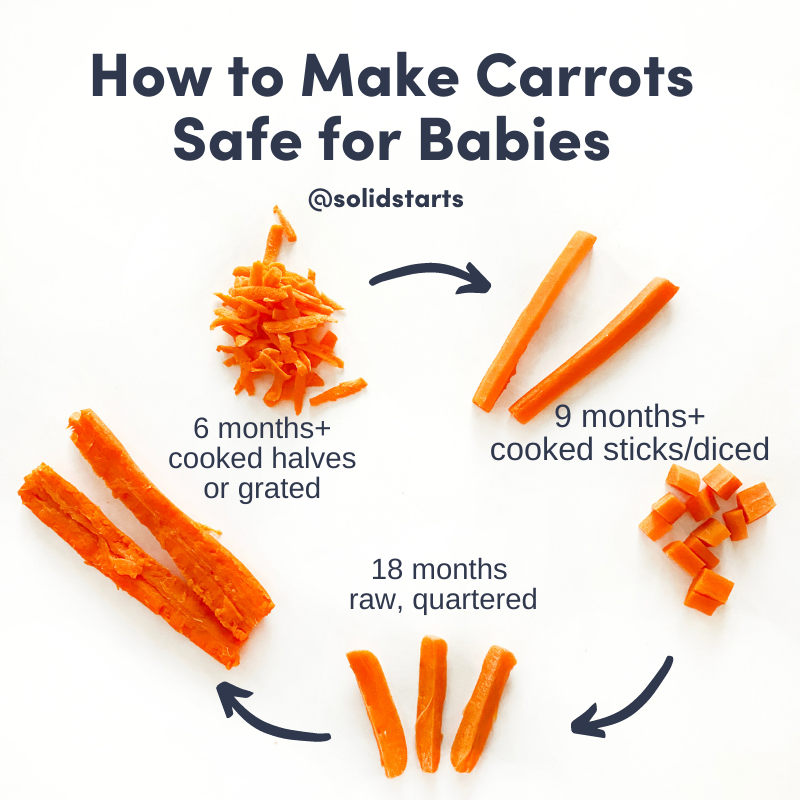 In general, I am against a "complete diet" and I consider it violence, each child has his own taste preferences and it is not worth stuffing him "according to the norms".
In general, I am against a "complete diet" and I consider it violence, each child has his own taste preferences and it is not worth stuffing him "according to the norms".
I wrote the same post 2.5 years ago. Everyone consoled that he would go to the garden, everything would be fine, it would pass, etc., etc., I’m 4 years 4 months old, weight 14 kg, the skeleton, no matter how he ate anything, he didn’t eat, he drinks tea and eats a cookie in the garden, that’s it, at home - soup noodles - I feed myself, I'm afraid of smells - everything stinks to him, I don't try anything new at all.
Take all the tests - dysbacteria, gastroscopy - I'm very sorry that I listened to everything, that I'm small and haven't done it until now, consult a gastroenterologist and then, if everything is fine, look for a good pediatric neurologist
they say that I ate until the age of 5 all. then she sharply refused meat of all kinds and some other products. It started after a month's stay in the hospital, the children were then lying separately from their parents, I still remember the doctor told me about some kind of diet (kidney problems), they may have limited meat, and then I already thought of it myself Attempts to feed by persuasion and "with a belt" led to tantrums and vomiting.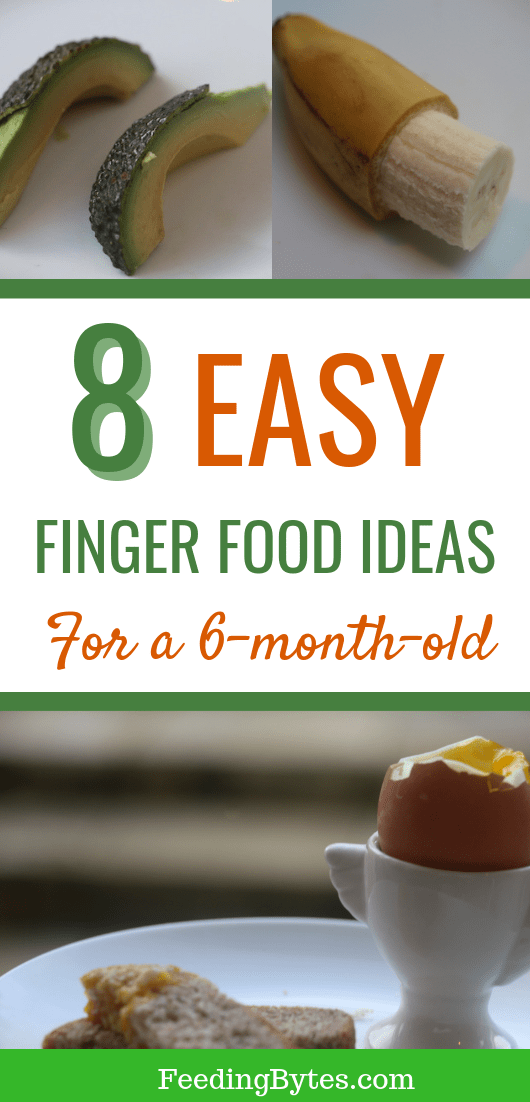 My parents lagged behind me, ate potatoes, pasta, everything dairy, all sorts of cereals, dumplings, dumplings just from dough (without meat) sometimes I could dig into the soup, sifting it under a microscope and slurp only some water, ate vegetables like cucumber-tomatoes, for sweets quite indifferent. It was impossible to mix something into the food. There wasn't much variety in stores then. Now I don’t eat red meat until now, its appearance is unpleasant, I can eat chicken, other poultry, fish, I can eat sausages and sausages, but not any. I started eating all this after 20 years, I also started eating eggs, mushrooms, seafood. Until now, it is important how the food looks and the composition of the dish, I can’t even stand all sorts of “slippery” foods - jellied meat, salted mushrooms. I can eat apples, cheese, drink tea with cookies as much as I like. As far as I understand myself, the roots of the problem lie in my childhood stress received in the hospital, they forced me to eat there and, in general, a lot of some kind of vague and unpleasant memories.
My parents lagged behind me, ate potatoes, pasta, everything dairy, all sorts of cereals, dumplings, dumplings just from dough (without meat) sometimes I could dig into the soup, sifting it under a microscope and slurp only some water, ate vegetables like cucumber-tomatoes, for sweets quite indifferent. It was impossible to mix something into the food. There wasn't much variety in stores then. Now I don’t eat red meat until now, its appearance is unpleasant, I can eat chicken, other poultry, fish, I can eat sausages and sausages, but not any. I started eating all this after 20 years, I also started eating eggs, mushrooms, seafood. Until now, it is important how the food looks and the composition of the dish, I can’t even stand all sorts of “slippery” foods - jellied meat, salted mushrooms. I can eat apples, cheese, drink tea with cookies as much as I like. As far as I understand myself, the roots of the problem lie in my childhood stress received in the hospital, they forced me to eat there and, in general, a lot of some kind of vague and unpleasant memories.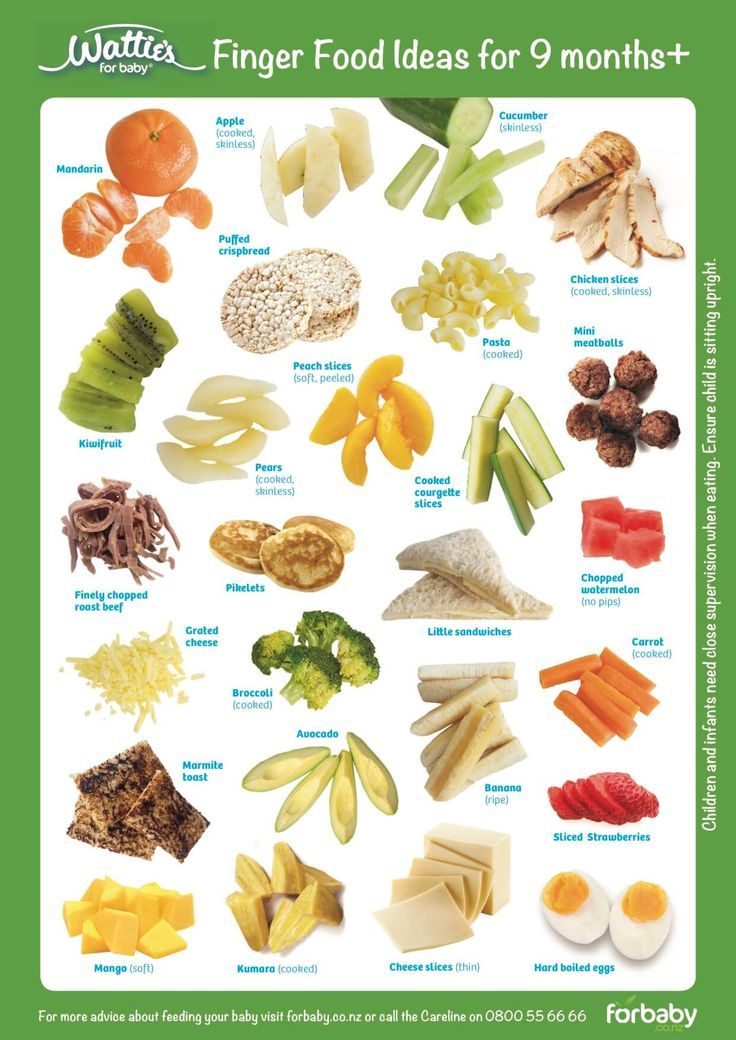
What does this say? That everyone has their own preferences. For example, I don’t eat seafood, I hate pickle and hodgepodge, I don’t eat jam and many fruits, I began to eat cheese only after 25 years, I don’t eat any sausage, as a child I ate only tomatoes. My grandmother lived for 100 years, and didn’t eat chicken, eggs and apples. A friend does not eat bananas and mayonnaise at all.
Now, if the hypotonus of the larynx is to blame - then yes, I agree, it is necessary to be treated along the line of neurology. But I don’t even want to hear about psychologists, the fashion has gone, damn it ...
perhaps a person instinctively selects foods that are more suitable for him (I immediately recall a diet by blood type. In the case of the author, the child is still afraid and runs away .. maybe a specialist is really needed or the child simply cannot express preferences in a different way yet.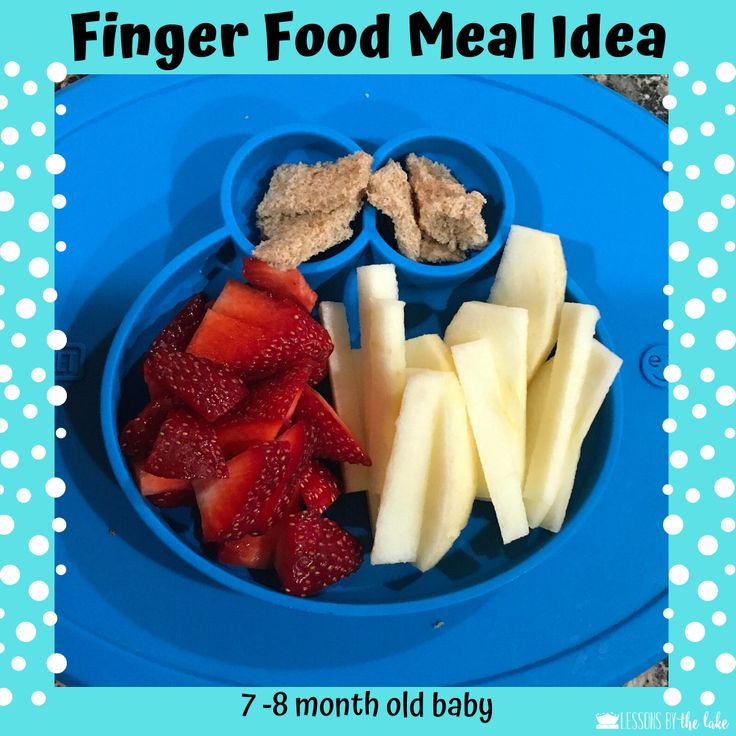
even you are contradicting yourself
why do you give blender in front of the telly? think it's not violence?
Anorexia nervosa (lat. anorexia neurosa) (from other Greek α- - "without-", "not-" and ὄρεξις - "the urge to eat") is an eating disorder characterized by deliberate weight loss caused and / or supported by the patient, for weight loss or to prevent weight gain
I didn't plan to lose weight, and the rejection of food was not connected with weight and diets, but happened after a strong nervous shock. I didn’t contact psychiatrists either, I coped with the main problem with the help of a psychologist, and the rejection of food basically went away.
Until the year my child ate everything that was given, after a year she abruptly refused everything. She fought in hysterics, clamped her mouth, and not on new products, but on the same thing that she ate with appetite yesterday. Because of this, I breastfed until the age of 2.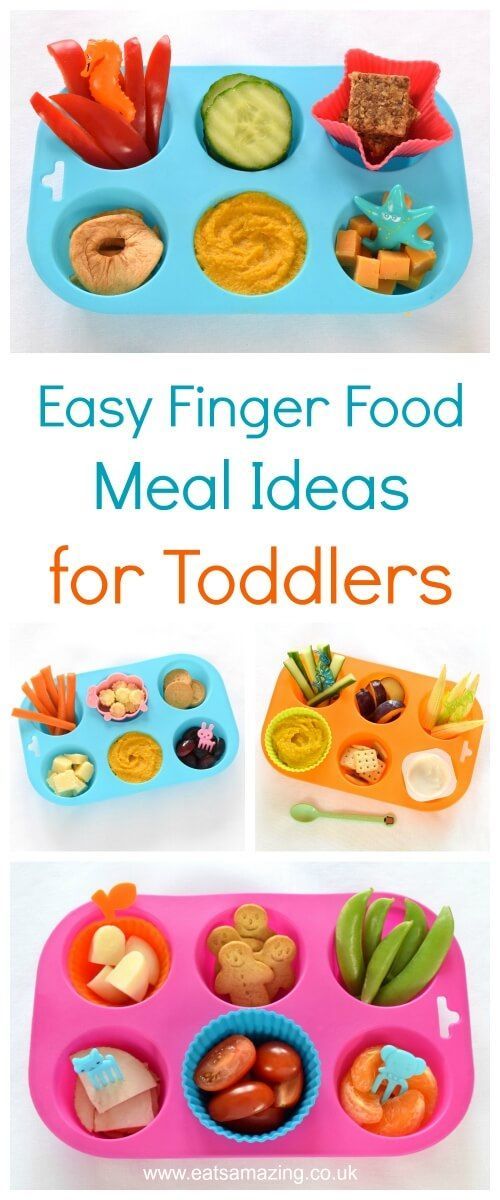 Then she began to accustom the child to a bottle, first milk, then added porridge to milk, etc. What I just didn’t come up with, I look at eating curds, so I’ll add something else to these jars. Sometimes it rolled, sometimes it didn't. So now we are 5 years old, we eat only cereals, pasta and meatballs. NOTHING else, while from the age of 3 she goes to the garden. I still don't know what it is. Now the second baby is growing, so I'm already horrified, what if it happens again?
Then she began to accustom the child to a bottle, first milk, then added porridge to milk, etc. What I just didn’t come up with, I look at eating curds, so I’ll add something else to these jars. Sometimes it rolled, sometimes it didn't. So now we are 5 years old, we eat only cereals, pasta and meatballs. NOTHING else, while from the age of 3 she goes to the garden. I still don't know what it is. Now the second baby is growing, so I'm already horrified, what if it happens again?
Well, it means that there is at least some interest in food. Do not insist, let him come up and pick what he wants, pick something up. And since he runs away when you take a fork, it means he is afraid that you will feed him, maybe he defends his independence in this form?
Don't you think - what does this have to do with your going to work? Or does the child have problems communicating with his grandmother? Moreover, who has a lot of her own affairs ....
And the authors of such posts will be suspected of persecution mania.
Yes, psychologists are in vogue these days. I know I worked for them. Only in many cases they will not help you. No one knows your child better than you, I can only advise one thing. Don't push - play! Afraid to get dirty - finger paints. Rolls of the cheapest wallpaper were unwound on the floor and forward, with handles, legs, priests. Then swim, and let the water be blue, red, gray-burgundy-crimson. All this is fun, and mom is nearby and also grimy. Afraid of food, well, don't eat it yourself, feed the dog, cat, mom, dad, grandmother. Cook food with your kids.
My daughter is 2.9. eats badly. Cottage cheese for children, (without fillers), chicken noodle soup, then I started to eat chicken broth, then meat, and now no matter what soup you cook, the broth will definitely sip. I fell in love with pancakes and pancakes only after they began to cook together, although I don’t eat the whole edge of the pancakes, but the middle of the pancakes, well, let it bite at least 20 pieces, but I ate.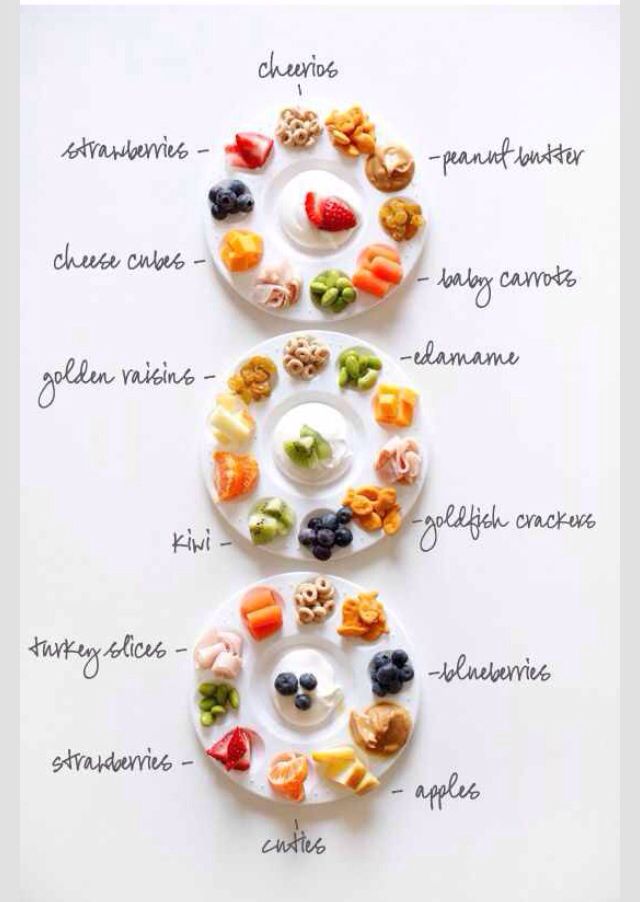 From fruits and berries: apples, bananas, strawberries, blackberries and raspberries. And that's just so little, literally sip. To be honest, I even give chocolate, if only I could eat it, but she doesn’t like it. Invite friends over for dinner so I can invite her to try something new. Everyone eats and she needs it, even if it’s not full, but she smells it, holds it in her hands, even out of greed. Good luck to you in this difficult matter, and it will not hurt me!
From fruits and berries: apples, bananas, strawberries, blackberries and raspberries. And that's just so little, literally sip. To be honest, I even give chocolate, if only I could eat it, but she doesn’t like it. Invite friends over for dinner so I can invite her to try something new. Everyone eats and she needs it, even if it’s not full, but she smells it, holds it in her hands, even out of greed. Good luck to you in this difficult matter, and it will not hurt me!
We have hypotonicity of the chewing and swallowing... The neurologist determined it based on the examination and my descriptions... You hardly have it... Mine never swallowed anything in pieces.. Can you go to the orthodontist? Maybe something with a bite...? I haven't gone yet.. I've given up on everything and I'm tired of it all...
I just see that over time, against the background of neurology treatment, things are slowly moving forward.
And mine too. Since birth.
Agree about psychologists
Thank you, and good luck to you too!
I don't know, maybe it won't help you, but, as an option, I'll tell you my case.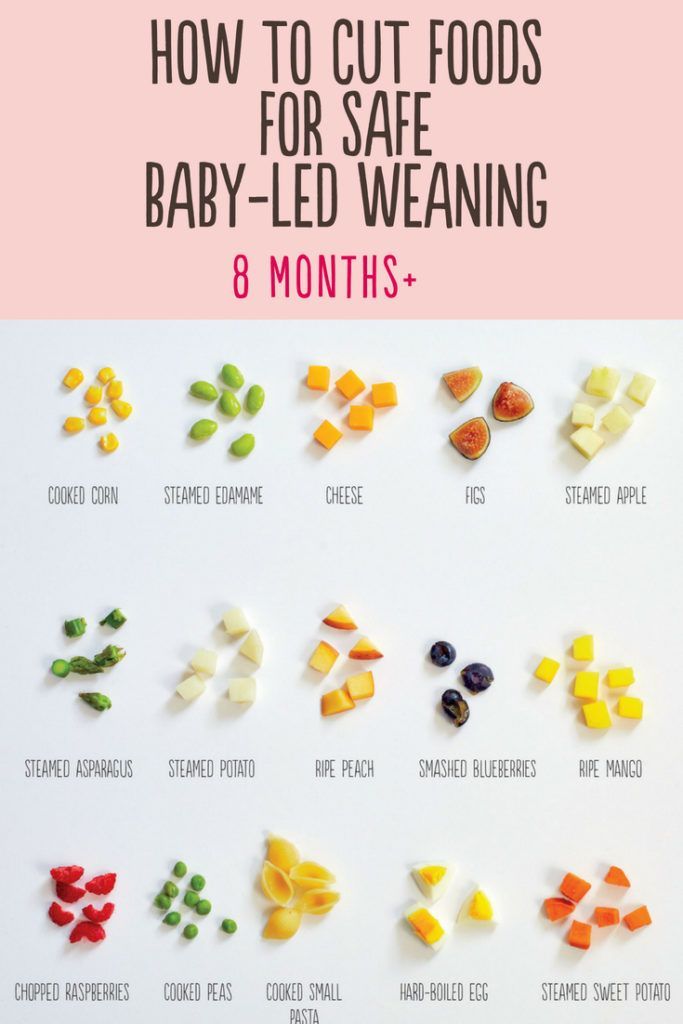 We go with our sores to a homeopath. Sometimes, when we went to the doctor, she told me, for example, that with our symptoms, we now really need to eat meat. And we just adored him at that moment. Once, when prescribing a medicine for another sore, the doctor tried to choose the most appropriate of the two drugs for us, and asked an additional question: "Do you eat cottage cheese?" We had a period at that moment when we fell out of love with him sharply. Based on this, the doctor decided and gave us medicine. The next day we ate cottage cheese. We have a lot of such examples. I concluded for myself that the child's body, by and large, knows itself what is now possible for him and what is not. And since you have such a limited range of products, I would advise you to consult a homeopathic doctor, and not a psychologist.
We go with our sores to a homeopath. Sometimes, when we went to the doctor, she told me, for example, that with our symptoms, we now really need to eat meat. And we just adored him at that moment. Once, when prescribing a medicine for another sore, the doctor tried to choose the most appropriate of the two drugs for us, and asked an additional question: "Do you eat cottage cheese?" We had a period at that moment when we fell out of love with him sharply. Based on this, the doctor decided and gave us medicine. The next day we ate cottage cheese. We have a lot of such examples. I concluded for myself that the child's body, by and large, knows itself what is now possible for him and what is not. And since you have such a limited range of products, I would advise you to consult a homeopathic doctor, and not a psychologist.
+1, nursed until 3, complementary foods since 6 months, always ate well, no problems with food
And the doctor prescribed beer shiver for us, they are especially for children, as an appetite stimulant.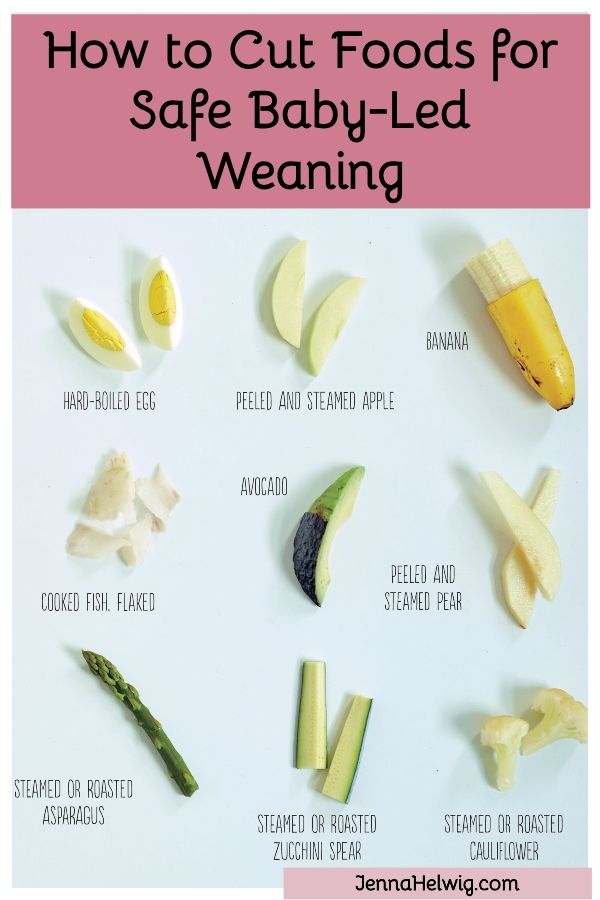 only I didn’t manage to give them, they smell very recognizable and even unpleasant.
only I didn’t manage to give them, they smell very recognizable and even unpleasant.
we are 3 years old, but the height and weight are the same as yours)) and I'm not worried
Tell me, how are things with your appetite? At least tell me something. I'm ready to beat my head against the wall, I don't know what to do.
Help, tell us your experience. The child has a poor appetite and chews badly. He stuffs everything behind his cheeks, then he does not swallow. And vomiting...
usually vice versa)
Doesn't eat homogenized food either?
Troll!
It happens to me, I want to eat, but I can’t. Maybe some soups or goodies.
Go to the doctor, perhaps the child has something nervous and he needs some sedatives and aids for eating. By the way, I went, they prescribed something for the nerves.
top is 7 years old...
Why do old tops come out?
And don't you have baby purees too?
feed porridge and bread and cottage cheese - what does
eat and why are you still not with a psychologist? Has it been a problem for a long time or all of a sudden?
are you not in Moscow? there are many children's clinics in Moscow,
the city was not indicated - psychologists do not treat on the Internet
"good" for you and your child can only be found by trial - this is a completely individual perception
and the year is not visible
irena_IL *
Write to the author | Photo album Date: 23.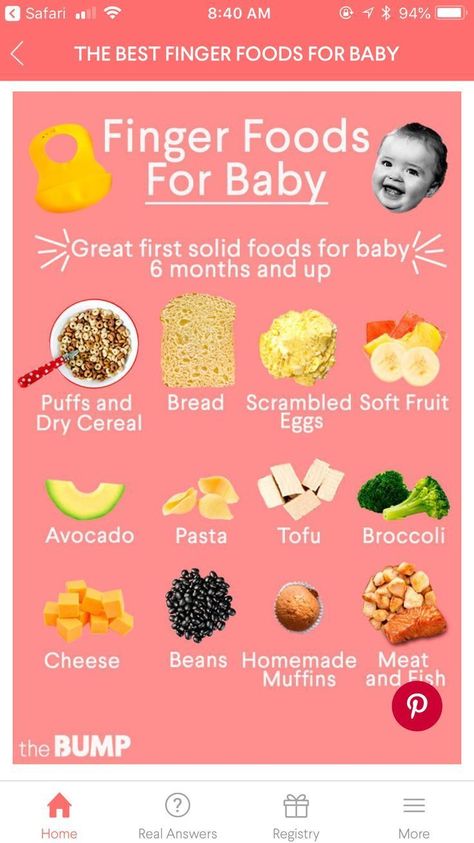 12.09 Time: 01:18
12.09 Time: 01:18
Why are you in despair, but do not go to the doctors? This must be done. Start with the pediatrician, he will advise whom to contact.
It is still not clear why you determine the degree of weight loss of a child by clothing? Buy scales, they are inexpensive and the choice is large. With such an appetite, you need to weigh yourself once a week.
You have a serious problem. You don't need a forum. Time for a consultation. You don't know where this might end. You don't need to listen to stories about little kids here and reassure yourself.
I would go to the doctor. My brother didn't eat at all for several days when he was a child (they were 70 years old), my mother almost turned gray, and my grandmothers almost died of horror! The thin one was already scary, almost like in a concentration camp, as a result he ended up in the hospital with exhaustion and some degree of dystrophy! And there, during a full examination, they found some problems in the gastrointestinal tract.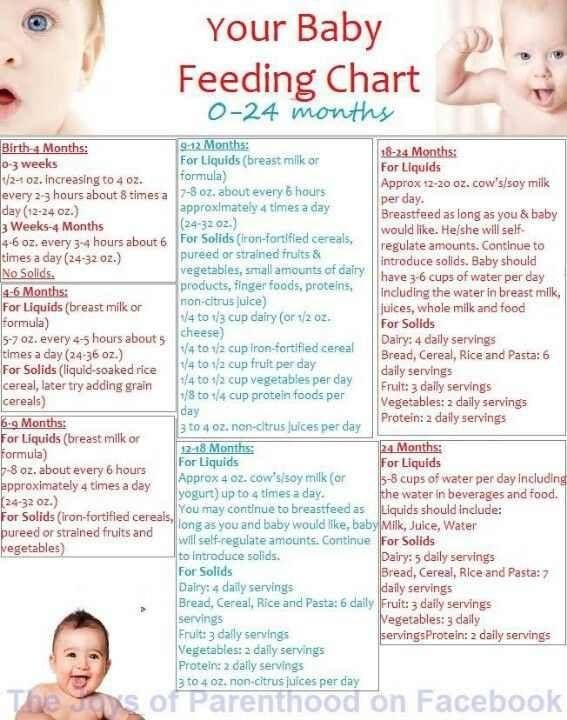 They began to heal and everything was fine!
They began to heal and everything was fine!
Here, the fear of food can also be provoked by unpleasant sensations, for example. At least something! And any bread and other empty slag would not give for sure, it makes no sense
Oh, I saw that the top is so old, I wonder how the author decided everything?
Author, while I'm eating in a blender, try to make liquid soup with a straight soup, make it liquid in a blender like mashed potatoes, while you feed it this way
And urgently see a doctor - there is a clear neurosis on the face. The fact that the child is afraid of being dirty speaks of fear, you need to look for the cause.
Perhaps you scolded him or forcibly potty trained him, or forced him to do something
You need a child psychotherapist urgently.
Top of 2009! blocking.
Feeding and food.
Home > Feeding and food.
The best way to solve any baby food problem is to do nothing.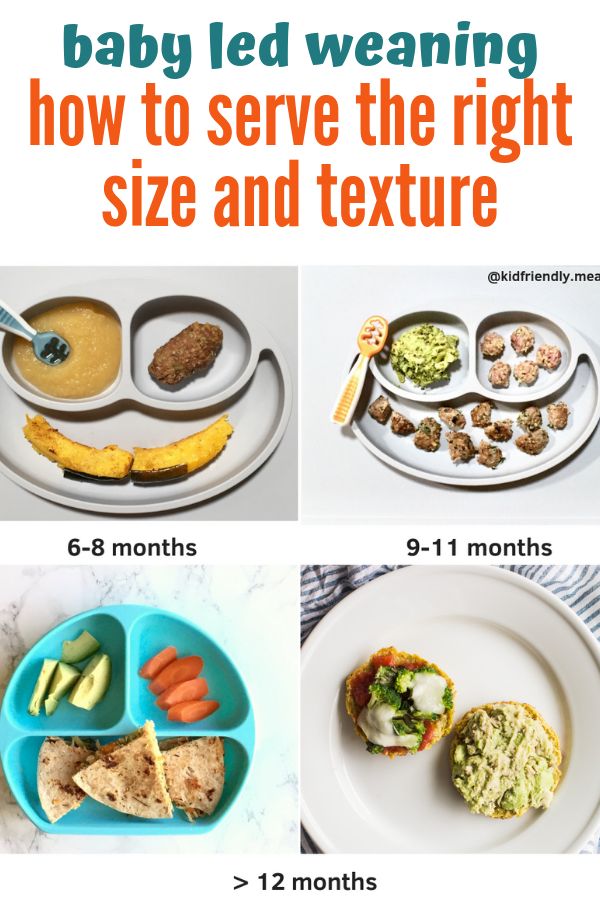 Let's leave the child alone. If he feels hungry, he will eat, but he does not want to eat, he will not do it for anything.
Let's leave the child alone. If he feels hungry, he will eat, but he does not want to eat, he will not do it for anything.
Artificial feeding
Should I breastfeed or bottle feed my newborn? What are the advantages and disadvantages of these methods? Is this really a very important question? Feeding a baby has become a problem, not only because you can choose between these two ways, but also because today it is known that whatever we do in this case, everything will be of great importance for developing in the future in the child a sense of confidence in yourself. We must always remember that children are defenseless and depend on us in many ways. Therefore, it is not enough just to give the baby food, to feed him. For its real benefit, it is extremely important how we do it. In other words, we must remember that the child reacts not only to food, but also to us, the parents. Irritable ...
Read more
Feeding at the request of the child
This is how we call the feeding of a newborn, which is carried out at the request of the child (that is, when he wants to eat), and not according to a strict schedule.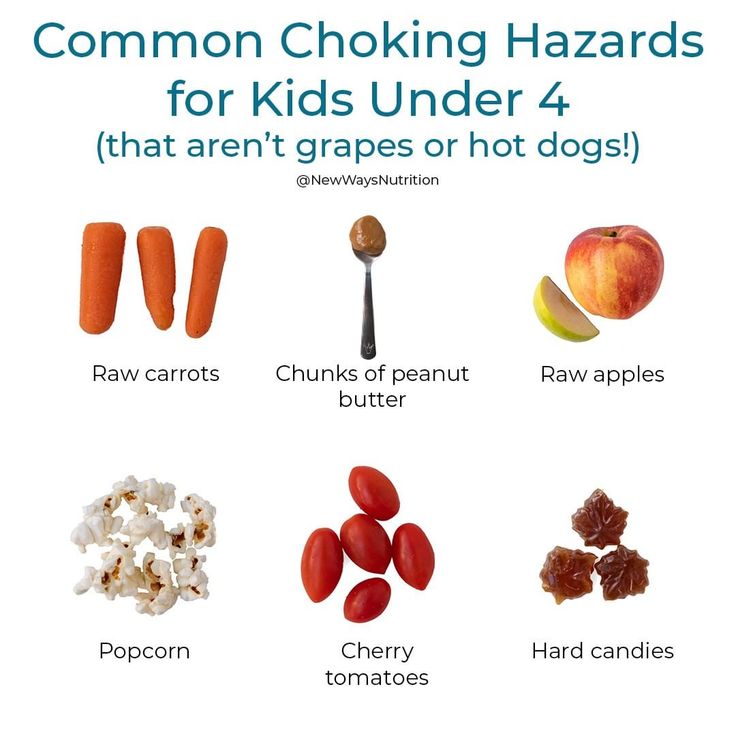 Only in recent decades has such an idea begun to make its way and find ardent supporters who are convinced that this method of feeding saves the child from the double trouble - he is not forced to eat if he does not want to, and is not deprived of food when he is hungry. In addition, adherents of this method argue that in such a situation, the mother gets more opportunity to relax and manage her time, since she ceases to be a slave to the clock. Considering everything we now know about the psychological significance of feeding, this theory may seem quite convincing. And sun...
Only in recent decades has such an idea begun to make its way and find ardent supporters who are convinced that this method of feeding saves the child from the double trouble - he is not forced to eat if he does not want to, and is not deprived of food when he is hungry. In addition, adherents of this method argue that in such a situation, the mother gets more opportunity to relax and manage her time, since she ceases to be a slave to the clock. Considering everything we now know about the psychological significance of feeding, this theory may seem quite convincing. And sun...
Read more
Force-feeding
Force-feeding simply means forcing a child to eat when he doesn't want to. Many mothers, driven by the best of intentions, begin to put pressure on the child literally in the first months of his life. The doctor prescribes a certain dose of milk to the baby, and the mother, wanting to strictly comply with this prescription, pays almost no attention to how he reacts to food.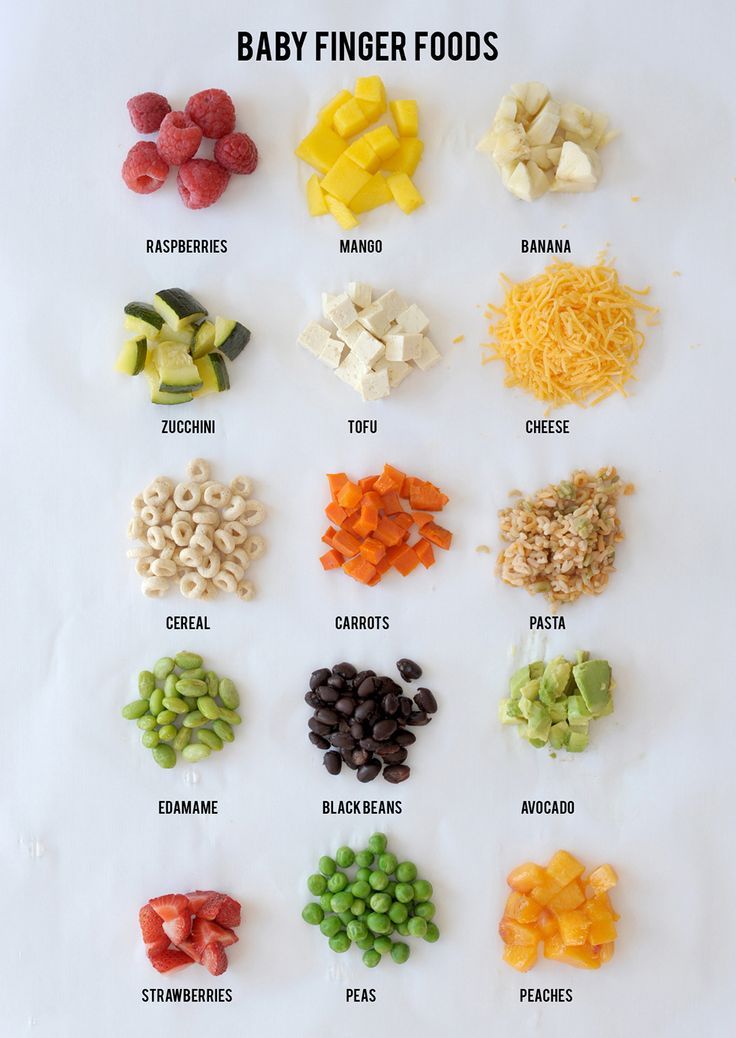 It doesn't matter that you often have to wake him up to feed him; she insistently sticks the horn in his mouth, even though he tries to dodge it. Later, when the child eats more solid food, the mother often coaxes or threatens him, and often goes so far as to play whole performances in front of him, if only he would eat something. When her patience is exhausted, she sometimes, with ...
It doesn't matter that you often have to wake him up to feed him; she insistently sticks the horn in his mouth, even though he tries to dodge it. Later, when the child eats more solid food, the mother often coaxes or threatens him, and often goes so far as to play whole performances in front of him, if only he would eat something. When her patience is exhausted, she sometimes, with ...
Read more
Parting with the horn
Sooner or later the child stops using the horn. Nothing terrible will happen: it will be replaced by a cup. You only need to think about WHEN and HOW to help him do this. Parting with the horn will certainly lead not only to the emergence of new skills in the child, but at the same time, firstly, he must still enjoy eating and drinking, and secondly, he must maintain the same friendly relations with you that have been at mealtimes before. The problem of parting with the horn is now considered much more important than before, since it is now known that feeding brings a child not only physical, but also psychological satisfaction, and mistakes in it can result in severe mental consequences.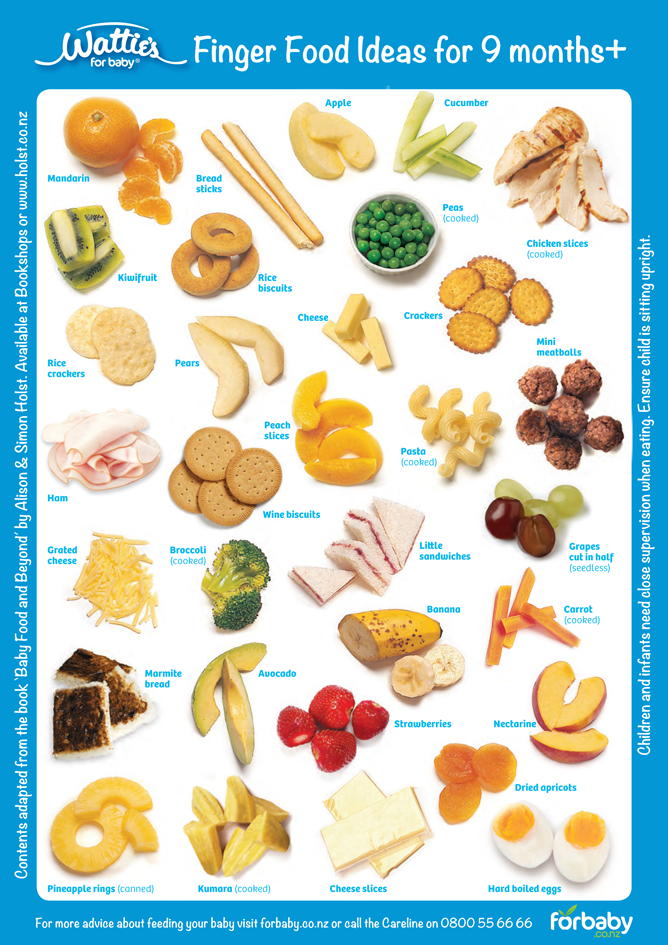 That's why: 1. If ...
That's why: 1. If ...
Read more
Nausea and vomiting
All babies spit up food sometimes, and there is nothing to worry about. There are many physiological reasons that cause vomiting. And yet often it is associated with some kind of mental disorder. It also occurs as a reaction to force-feeding. If food is constantly put into the child's mouth, he becomes so nervous that he cannot digest it and already during feeding pushes the food back. You don't have to be smarter than a child to understand that vomiting causes two reactions in the mother. The first is that she is worried and becomes doubly caring. The second - if vomiting is repeated often, the mother is angry because the child is dirtying everything around. And yet she seems unable to prevent vomiting. The child quickly realizes that this is x ...
Read more
Food
Eating can be fun, in any case it should be fun for both children and adults. We all come into this world with a great appetite and, of course, we eat more in childhood than in adulthood.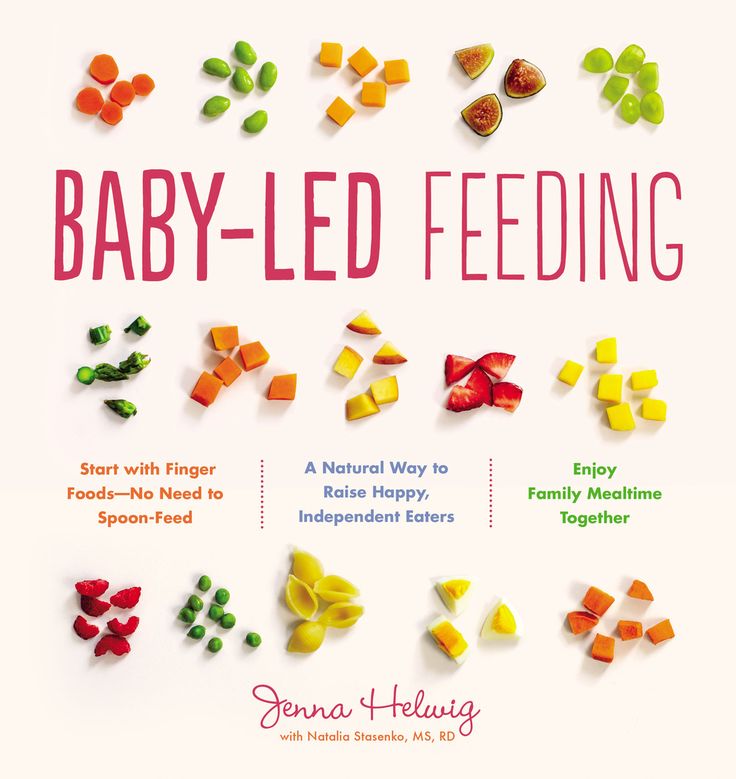 And yet, despite the natural appetite and pleasure that we get from food, often the situation can change. At some point, we suddenly notice that our children show indifference or even express disgust for the food we offer. We begin to worry, worry, resent, and finally lose our temper. We come up with all sorts of tricks to get the child to eat, and we constantly lose the battle, because the only thing that can be useful here is to DO NOTHING. THE BEST WAY ...
And yet, despite the natural appetite and pleasure that we get from food, often the situation can change. At some point, we suddenly notice that our children show indifference or even express disgust for the food we offer. We begin to worry, worry, resent, and finally lose our temper. We come up with all sorts of tricks to get the child to eat, and we constantly lose the battle, because the only thing that can be useful here is to DO NOTHING. THE BEST WAY ...
Read more
Into bed with a milk bottle
Putting a child to bed, many parents give him a bottle of milk. They see that the baby is more willing to go to bed and sucks milk with pleasure until he falls asleep, and therefore they often continue to give him a horn for several years after he has been weaned from the breast and has learned to drink from a glass. Although in itself such a procedure does not bring tangible harm, nevertheless, it contains a certain psychological risk. 1. If the child is already weaned, we thereby involuntarily encourage him to return to an earlier stage of development.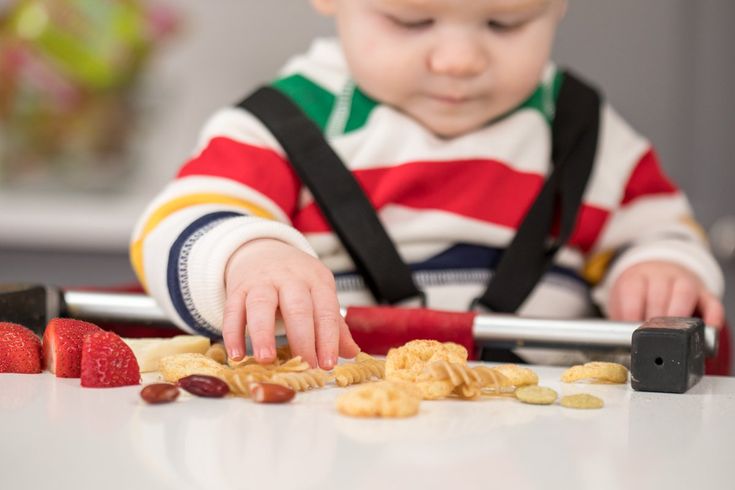 2. In essence, we coax him with a horn, wishing that he allegedly went to bed as soon as possible. After a while, this gift will no longer be enough, and the child will require another, which you may ...
2. In essence, we coax him with a horn, wishing that he allegedly went to bed as soon as possible. After a while, this gift will no longer be enough, and the child will require another, which you may ...
Read more
Eating can be entertainment, in any case it should be enjoyable for both children and adults. We all come into this world with a great appetite and, of course, we eat more in childhood than in adulthood. And yet, despite the natural appetite and pleasure that we get from food, often the situation can change. At some point, we suddenly notice that our children show indifference or even express disgust for the food we offer. We begin to worry, worry, resent, and finally lose our temper. We come up with all kinds of tricks to get the child to eat, and we constantly lose the battle, because the only thing that can be useful here is to do nothing.
THE BEST WAY TO SOLVE ANY BABY NUTRITION PROBLEM IS THAT YOU DO NOT HAVE TO DO ANYTHING.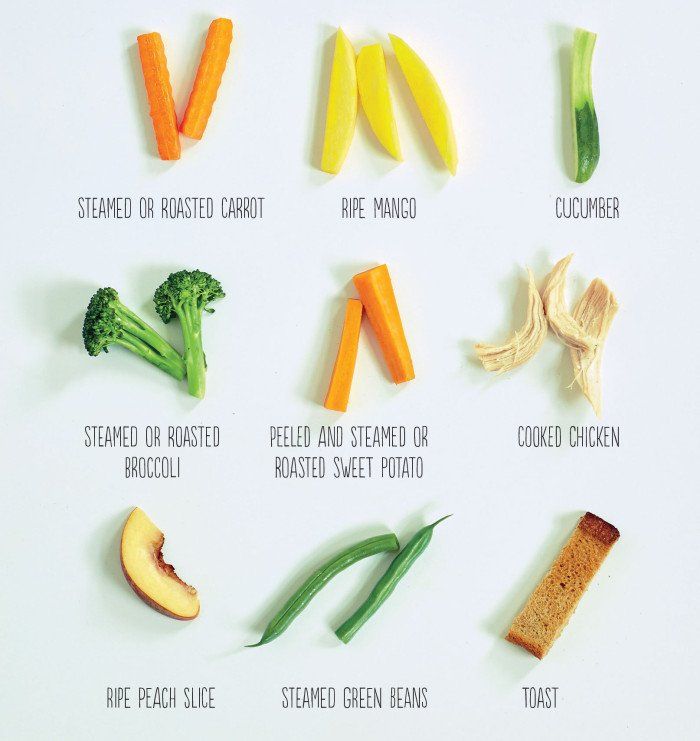
Let's leave the child alone. If he feels hungry, he will eat, but he does not want to eat, he will not do it for anything. Let's stop reproaching him, forcing him, shouting, scolding, threatening that we will deprive him of fruits or sweets. It's best not to think about food at all. Let's not talk about her at the table at all. And we must do this not for a day or two, but for a good two months.
However, it is extremely difficult to understand and apply this advice in practice. It is much easier to do something than to do nothing at all. We are convinced that we must force the child to eat, otherwise he will lose weight, turn pale and get sick. Even those mothers whose children are very well-fed often think so. Other parents see in the child's refusal of food a disregard for such an obvious proof of love and understanding, what kind of care their loved ones show by offering them this food. Another reason that encourages us to act decisively rather than remain passive is that it is always easier to follow the beaten path than the new one.